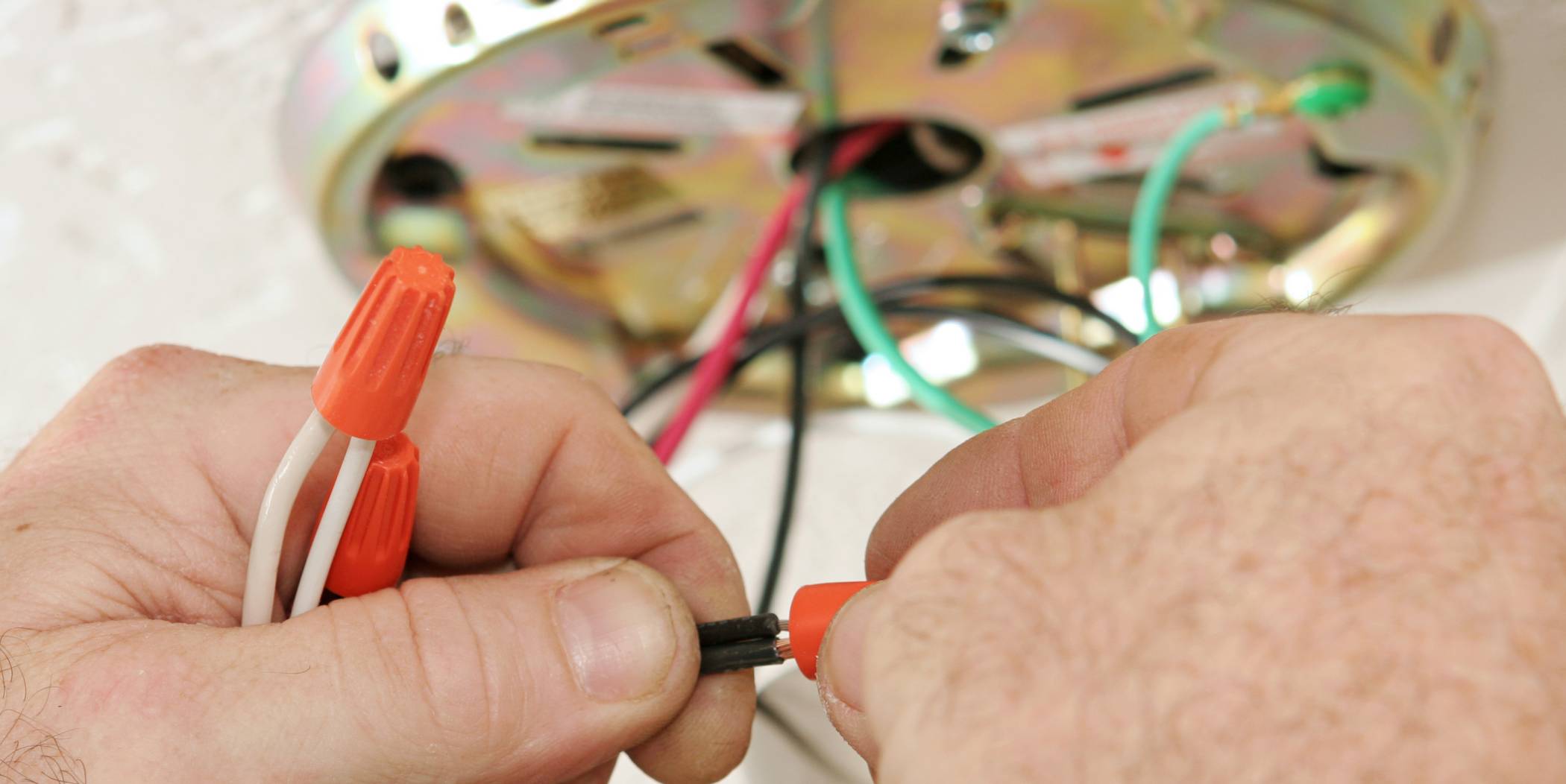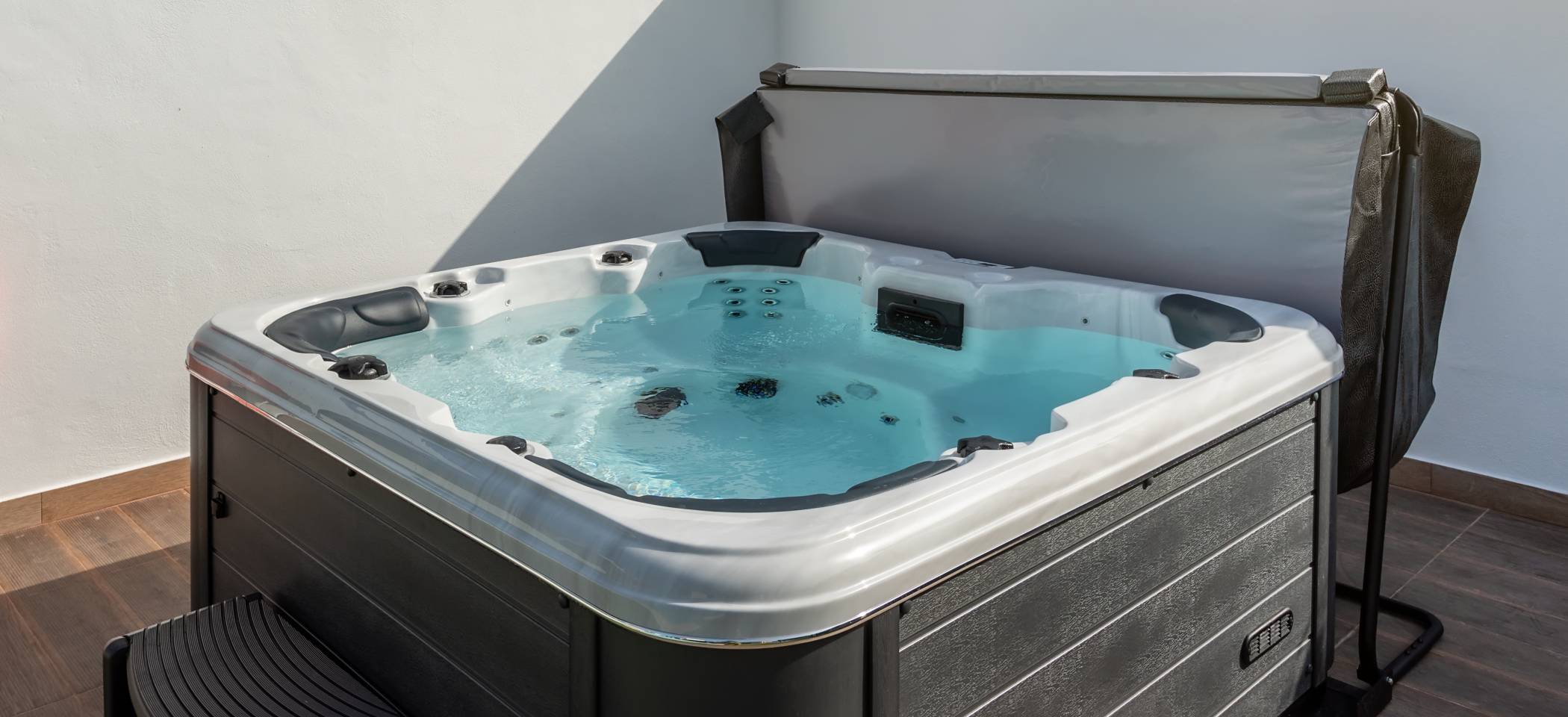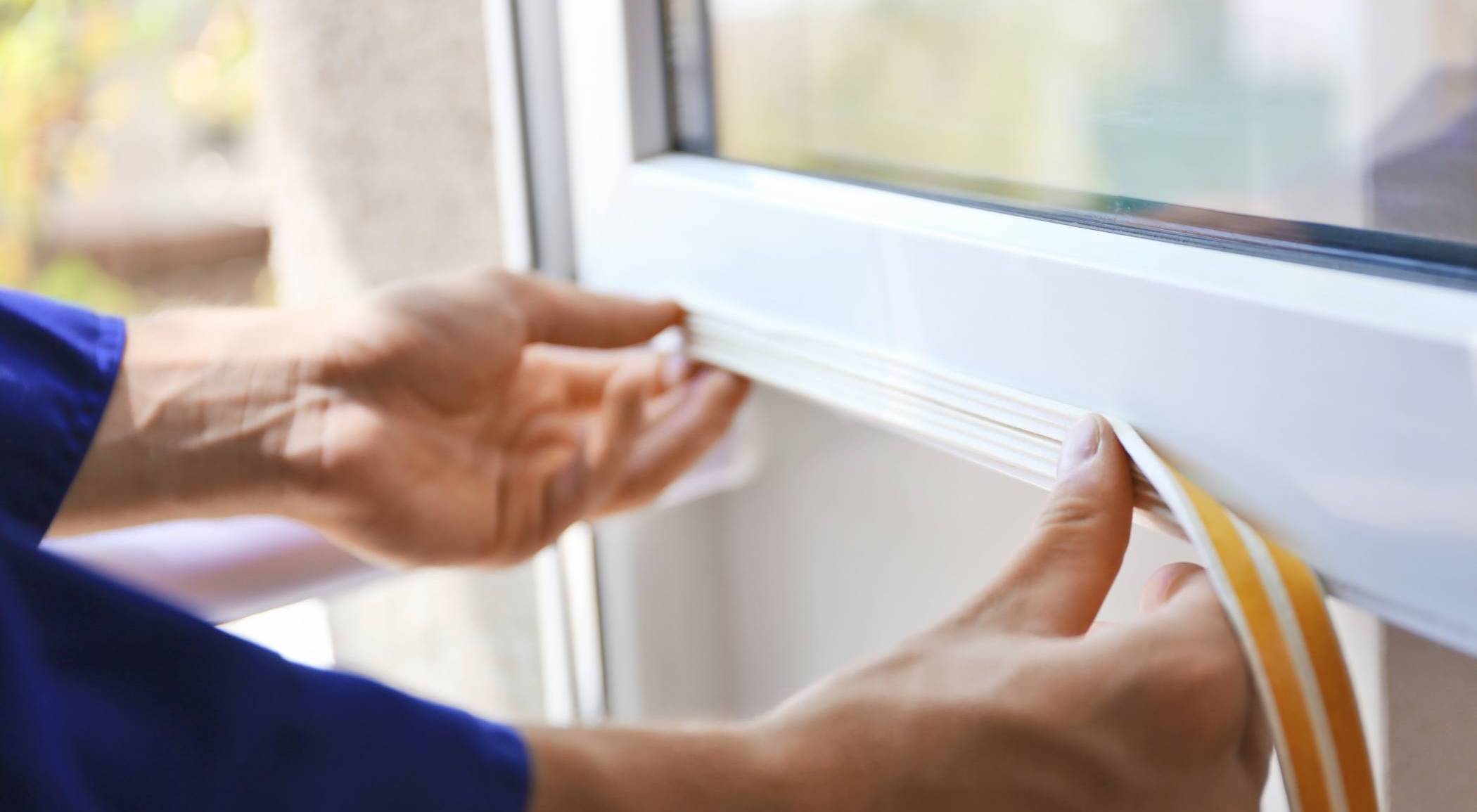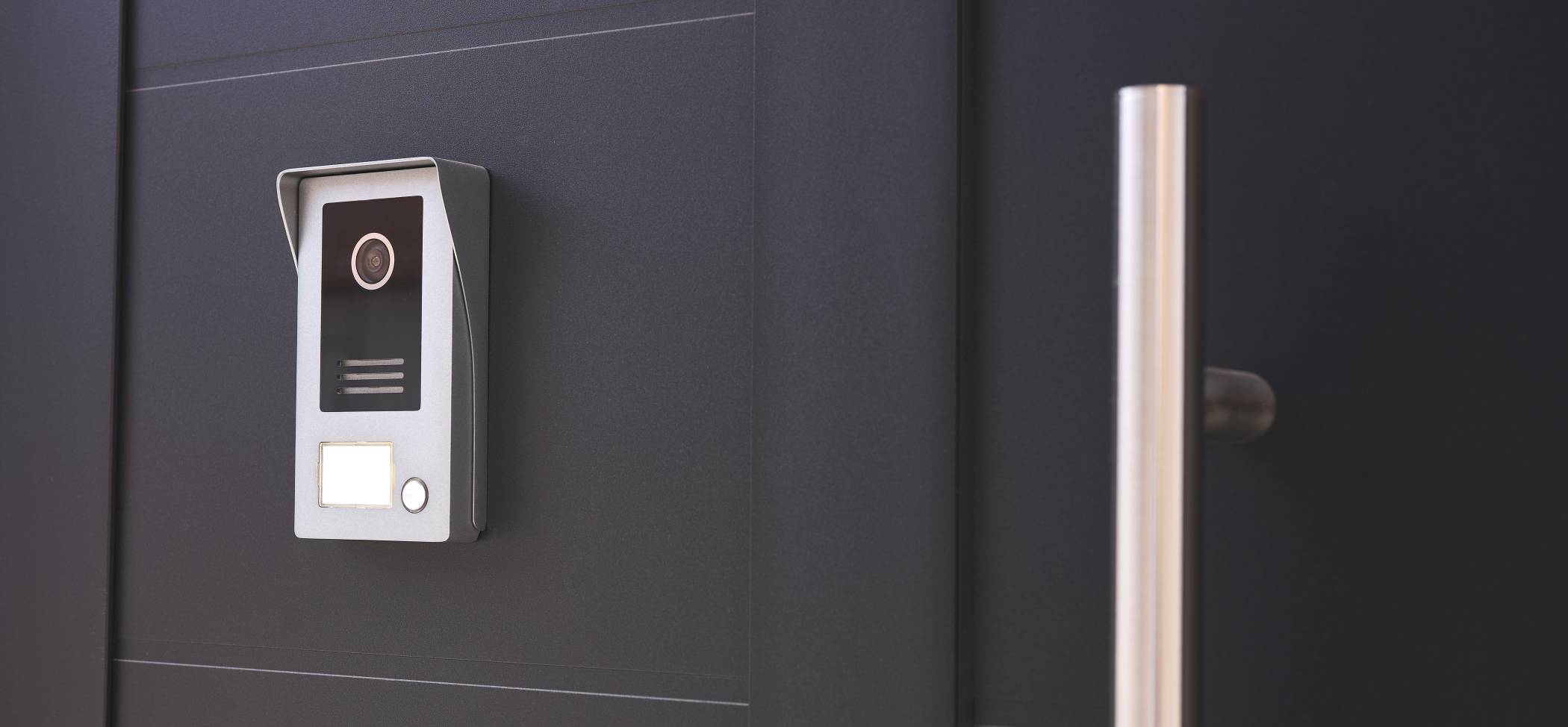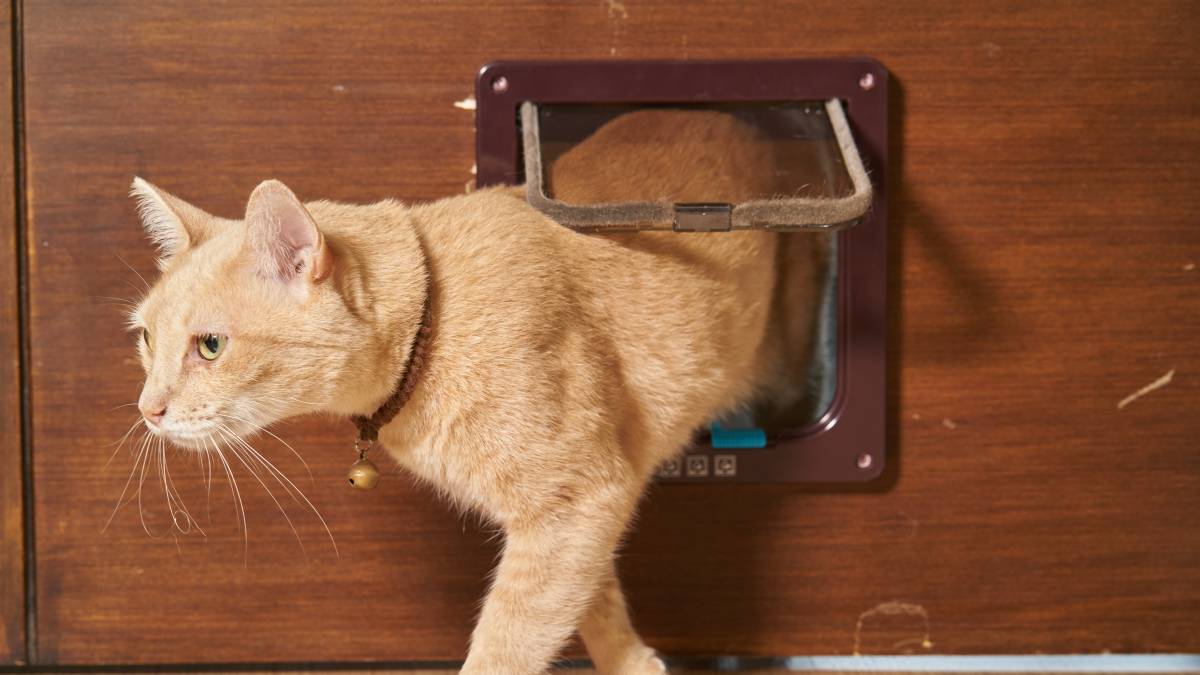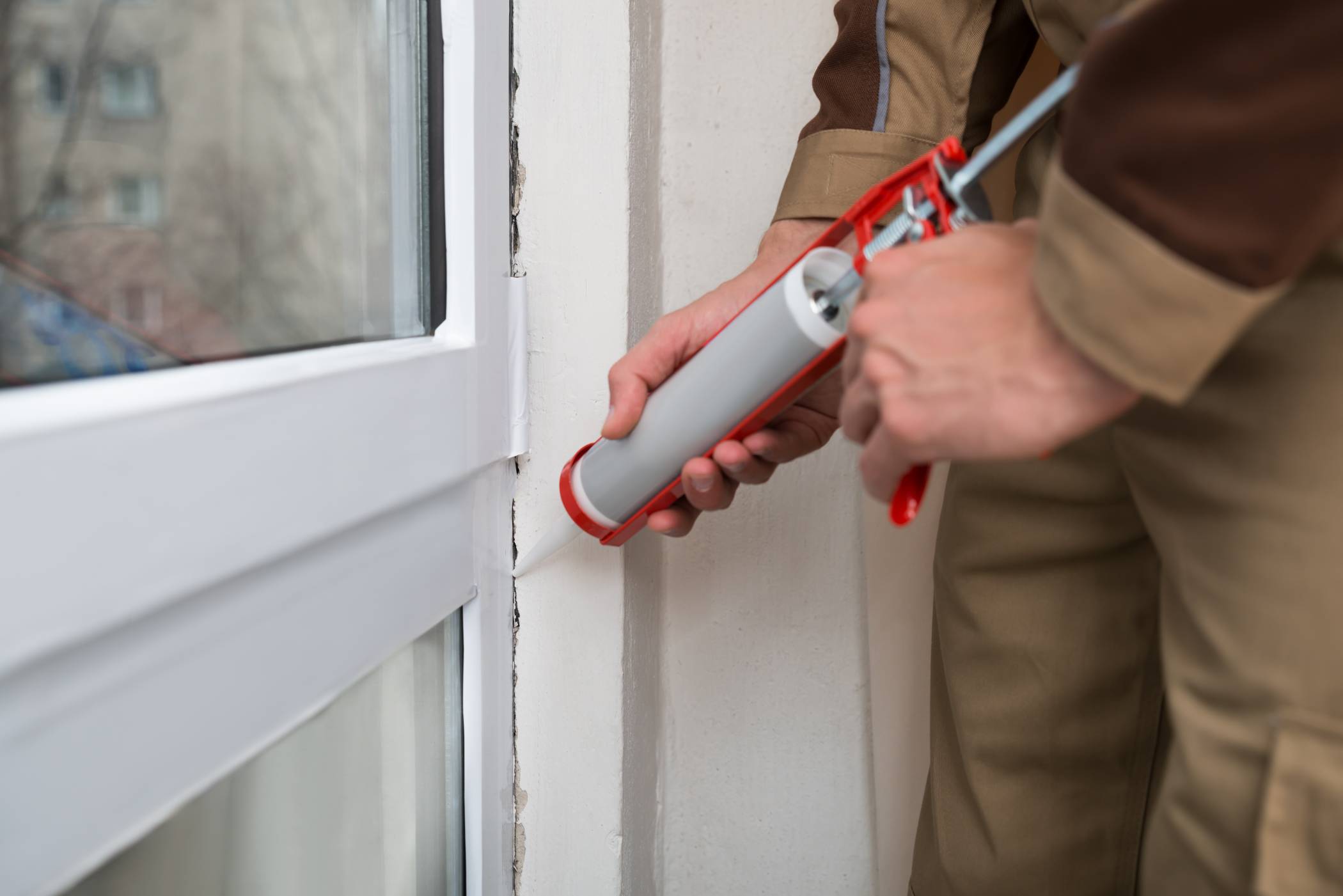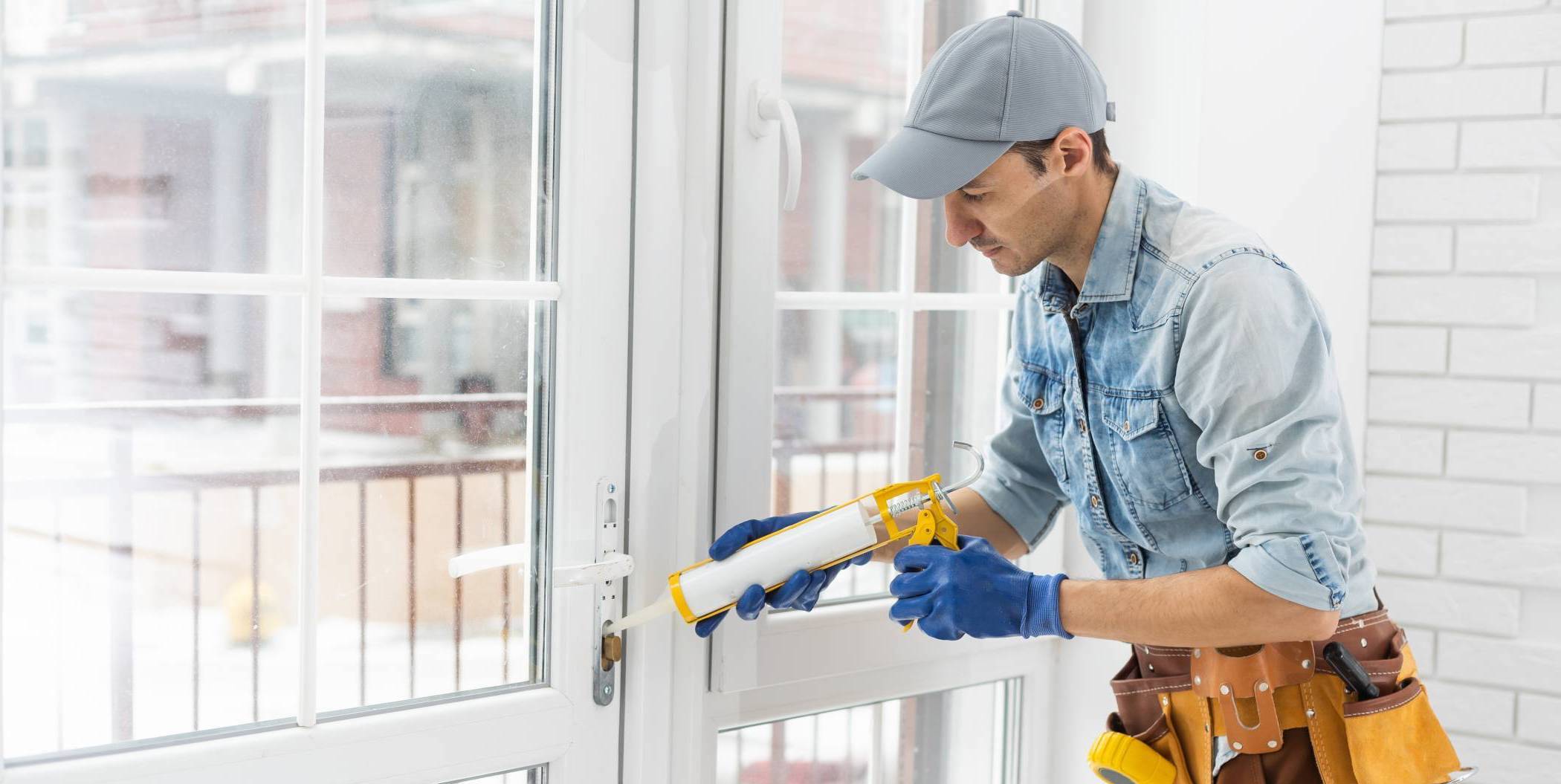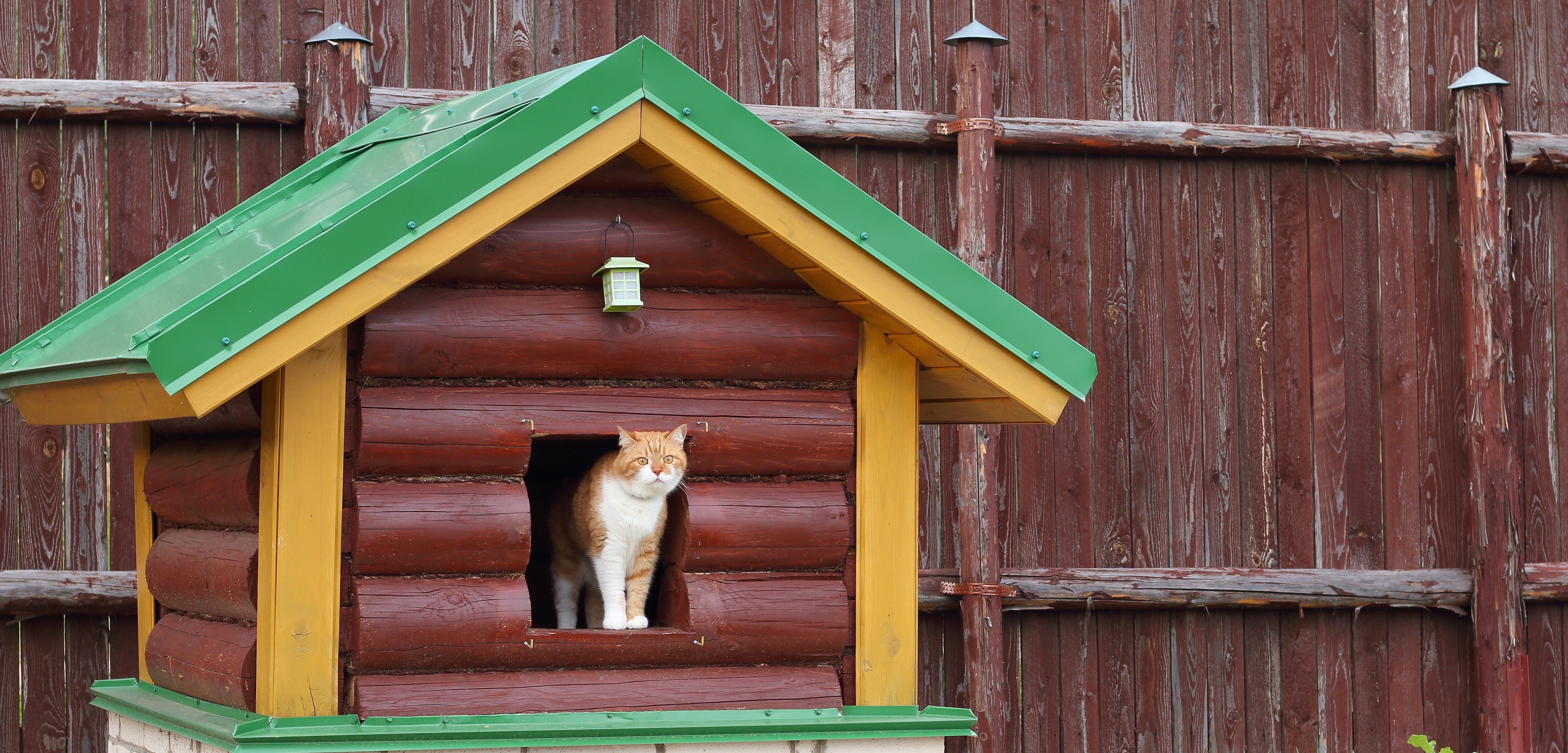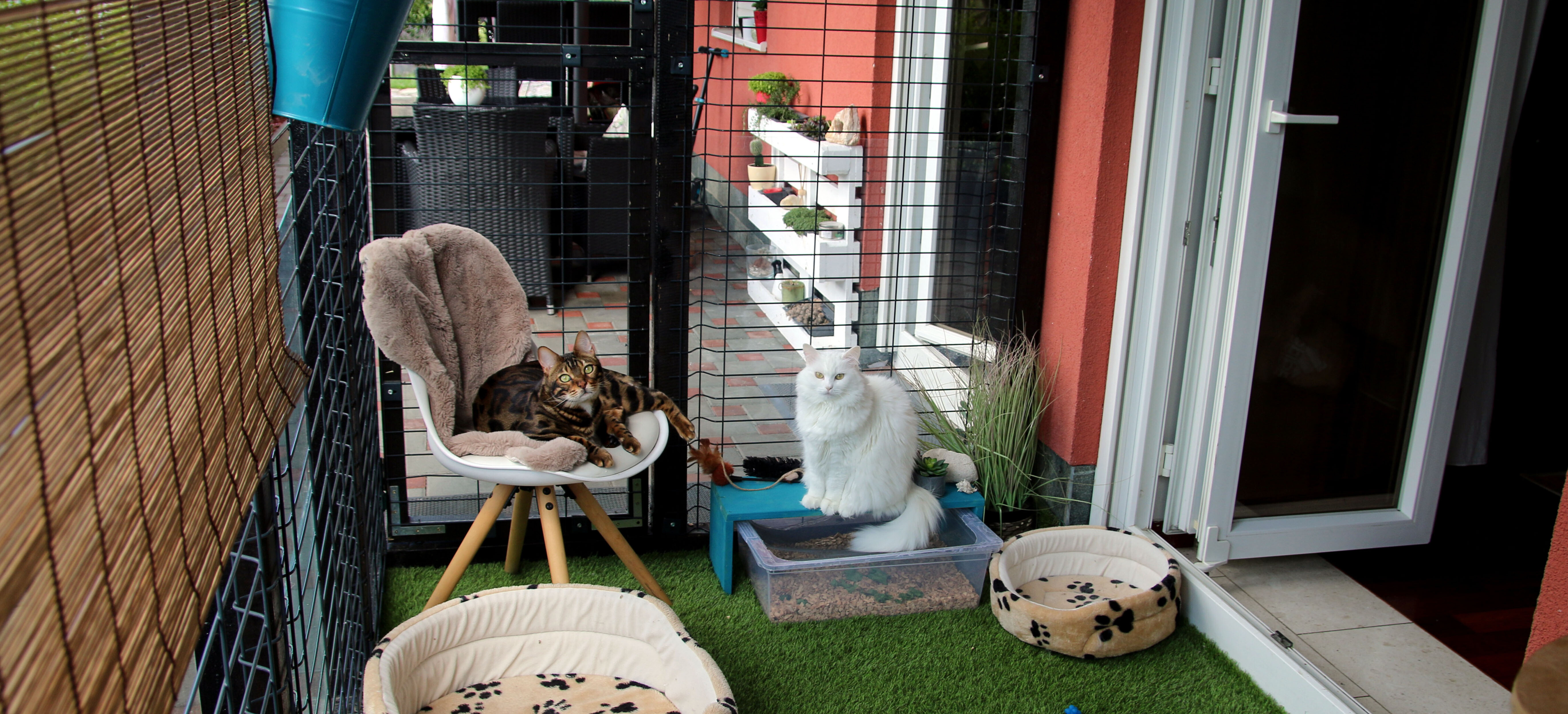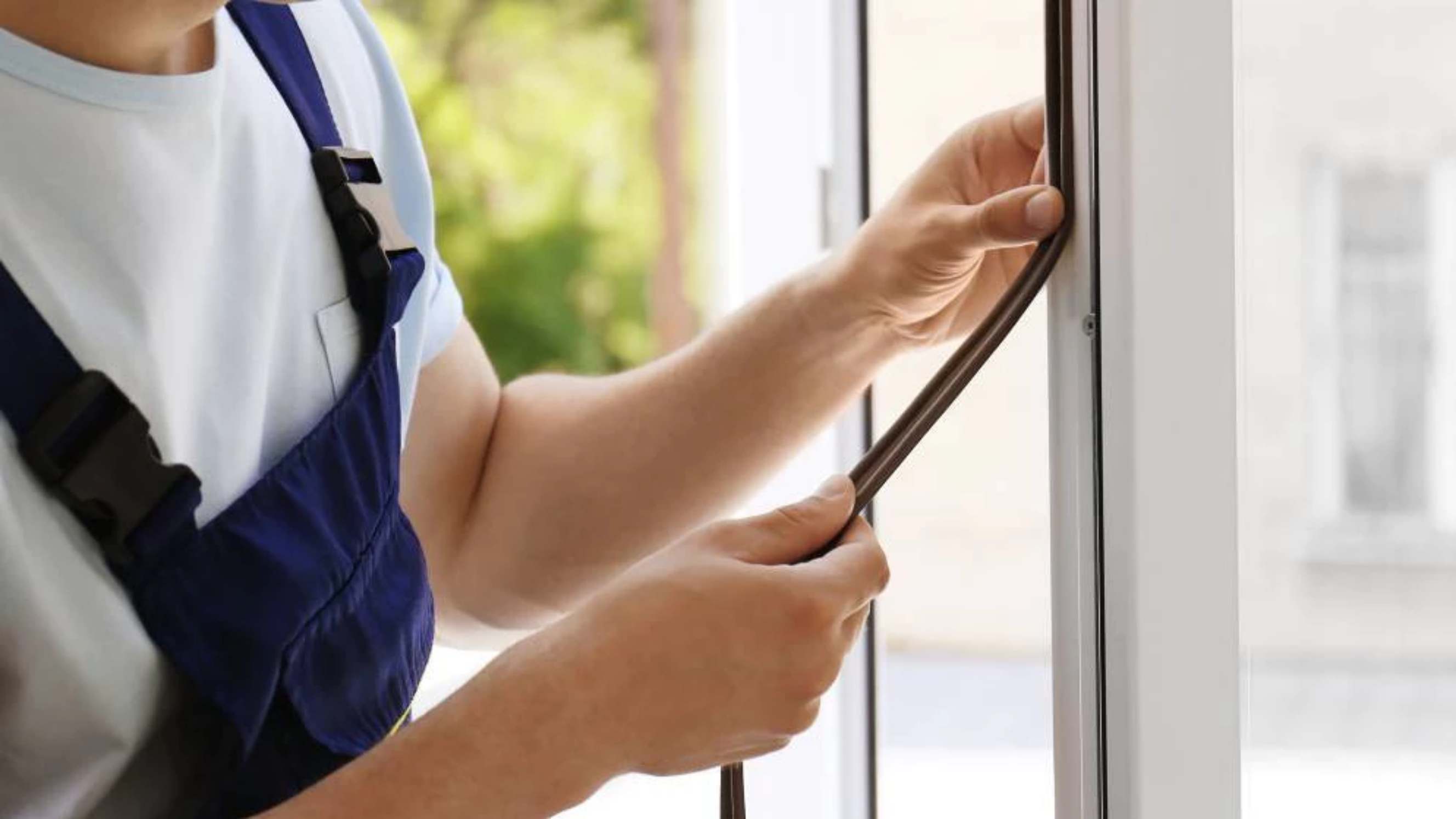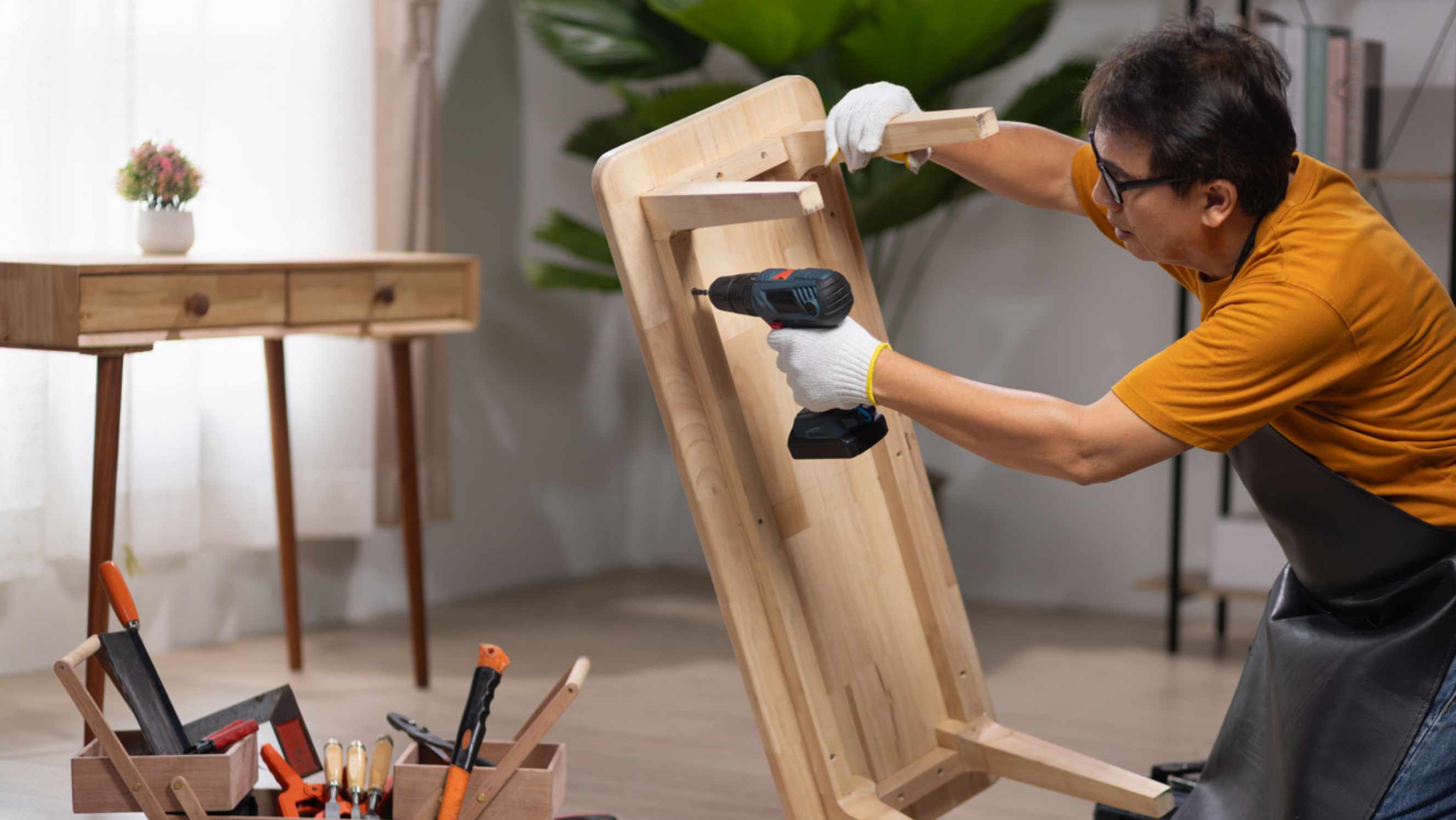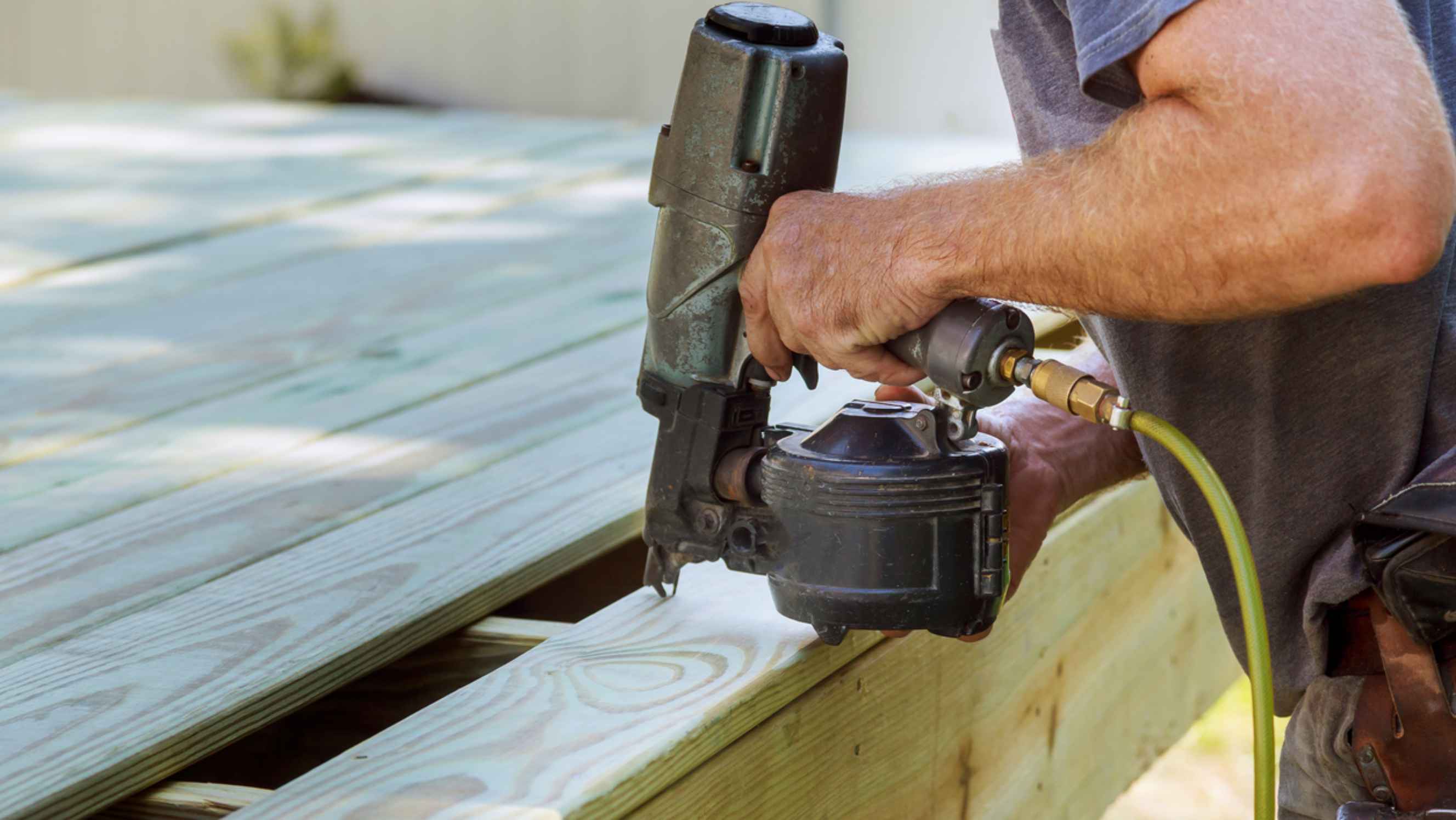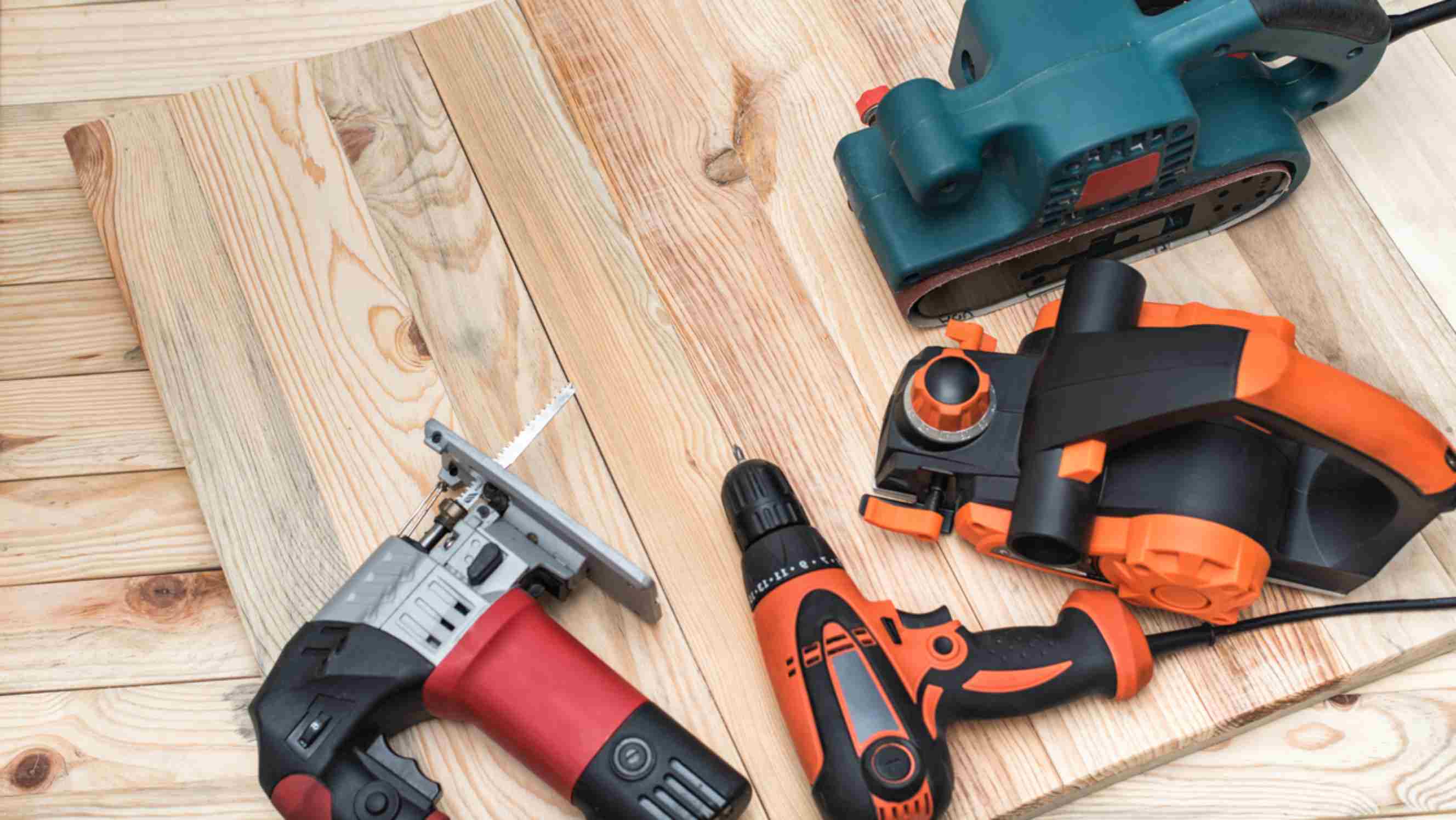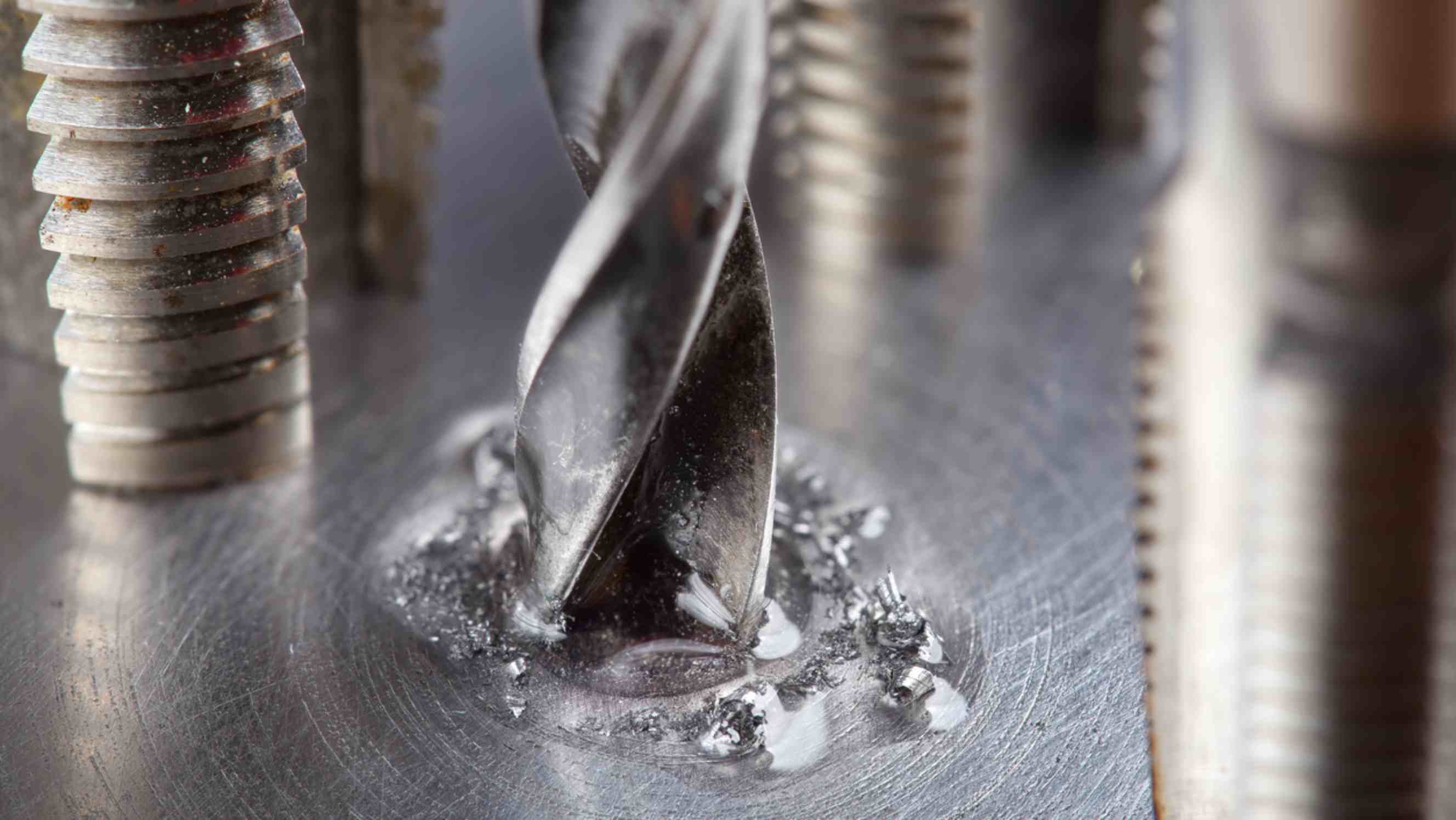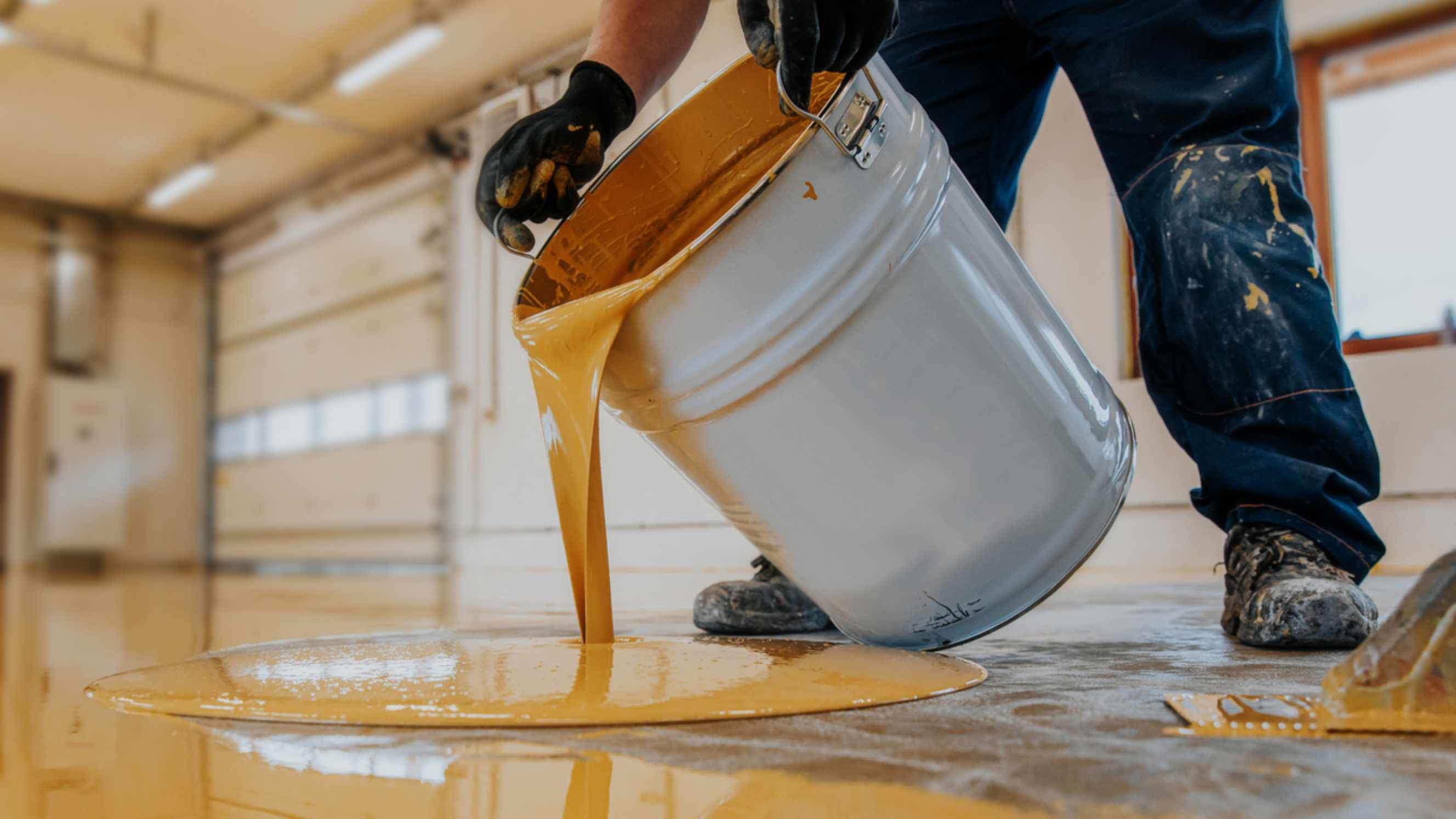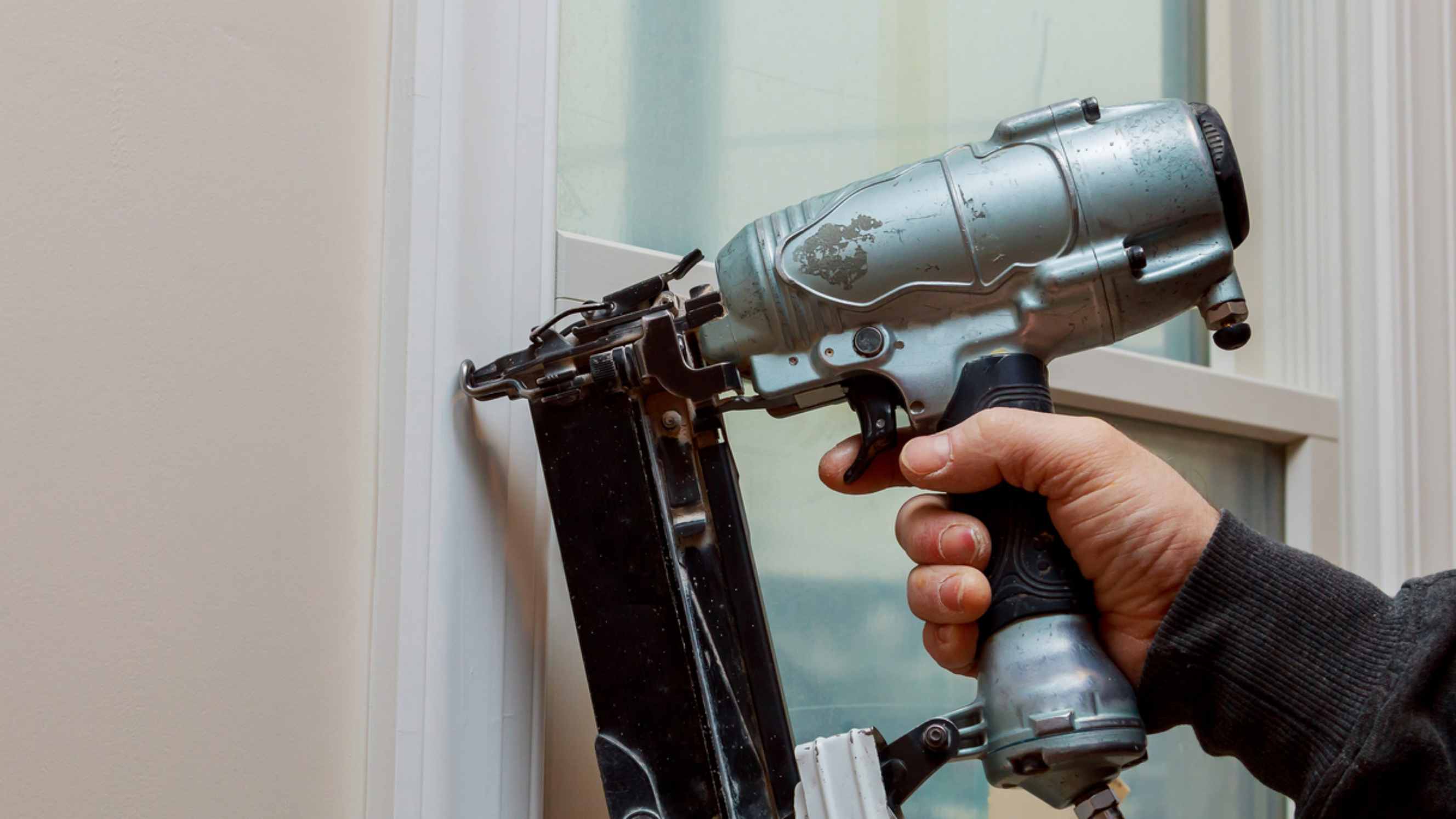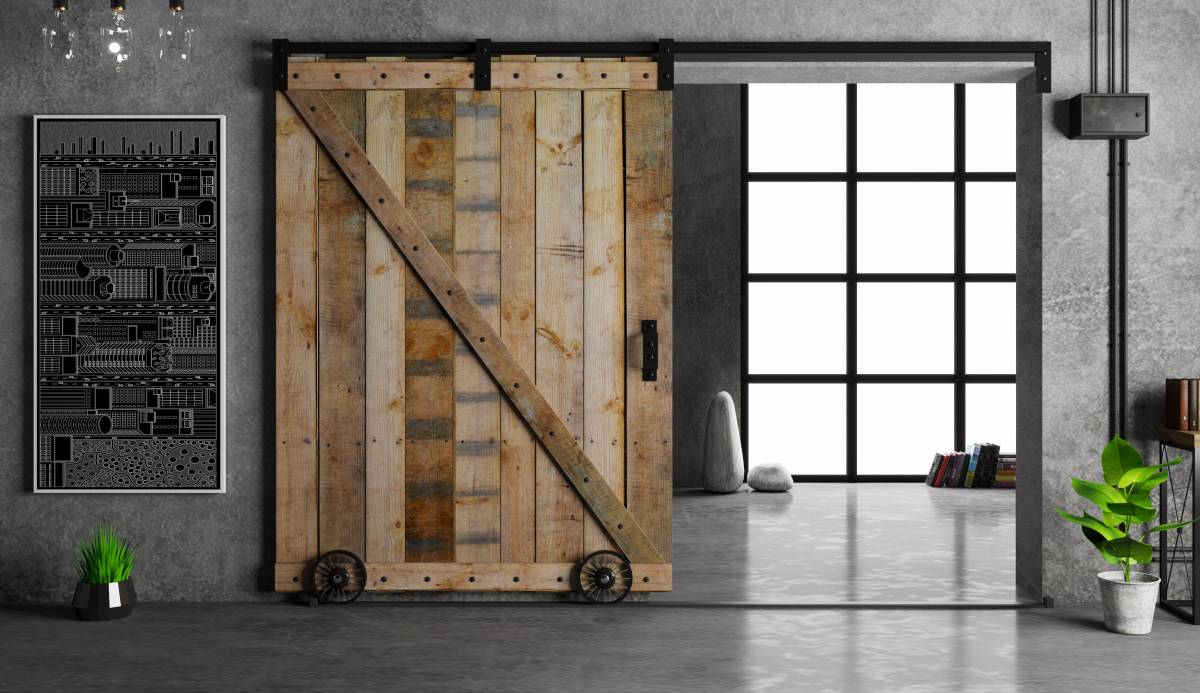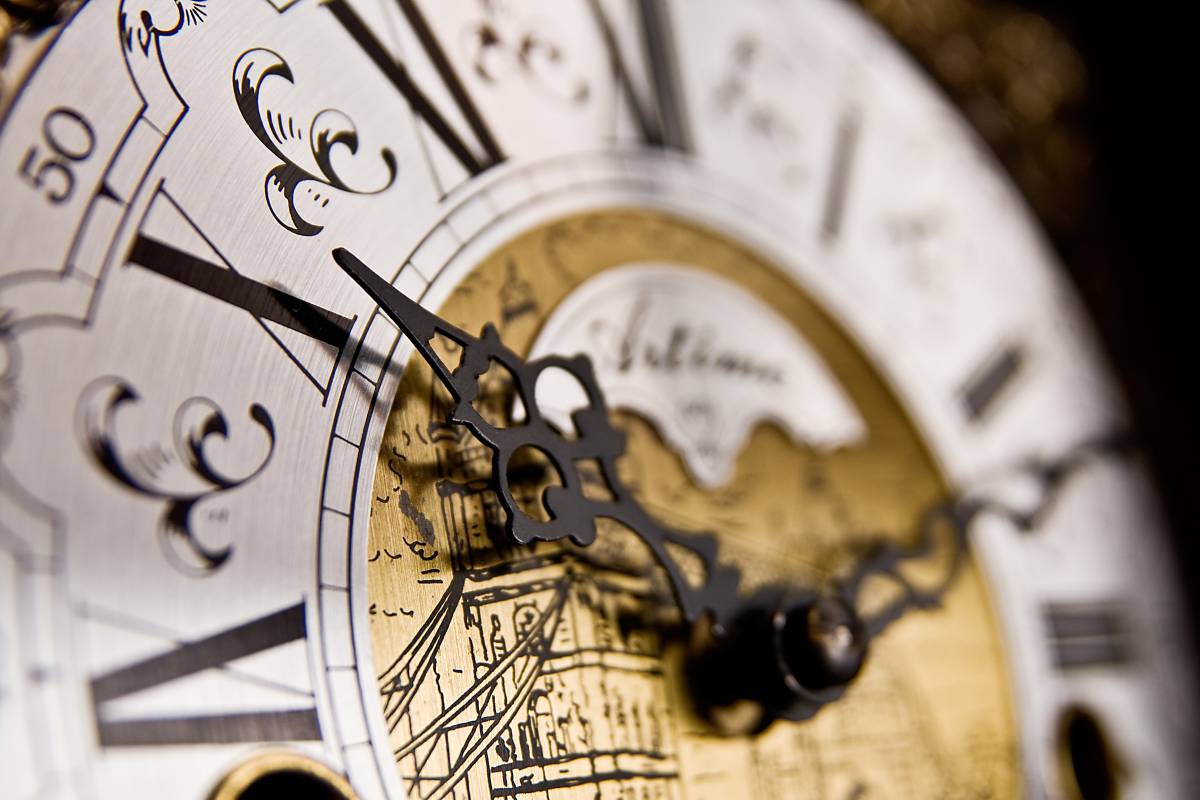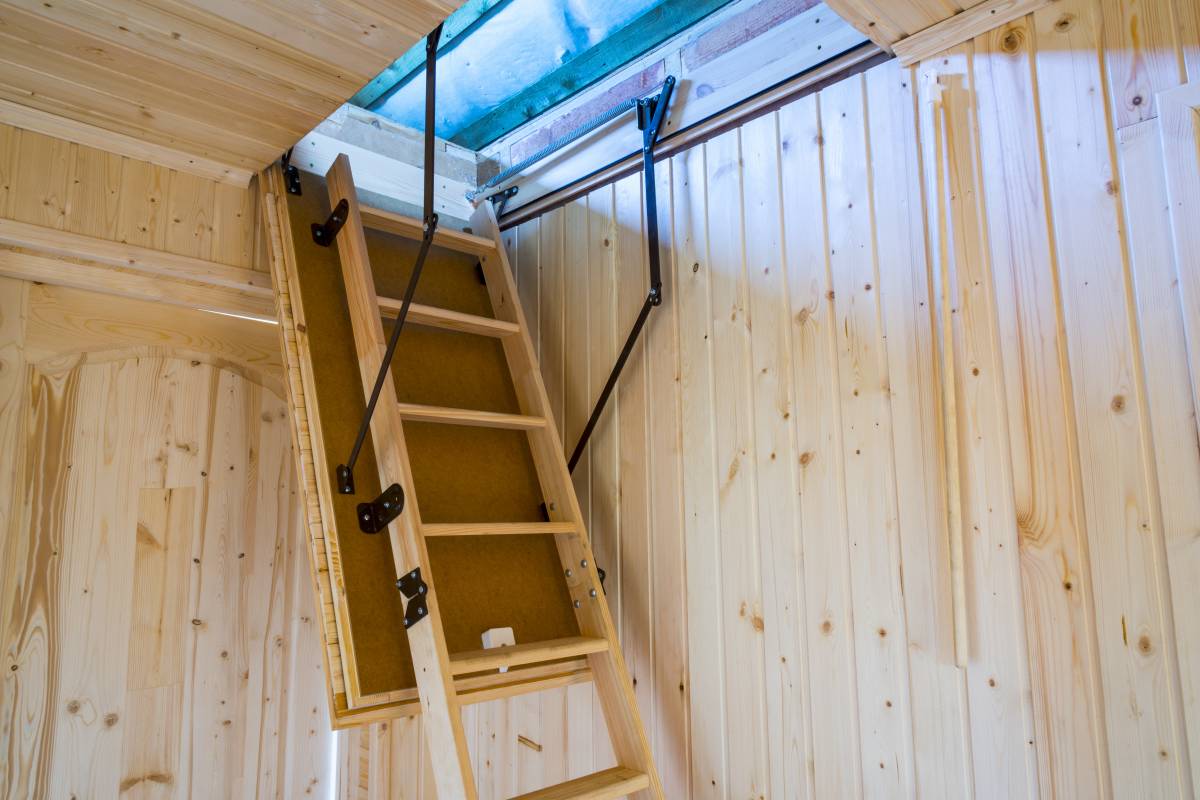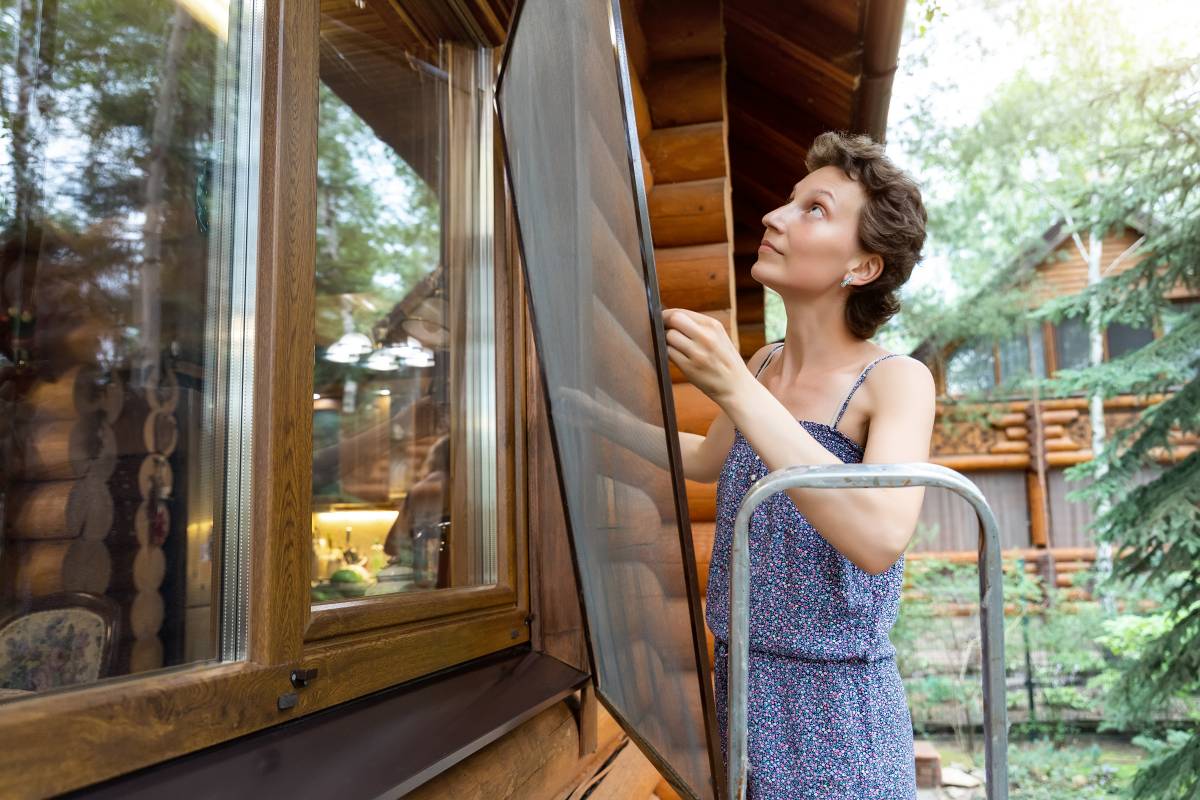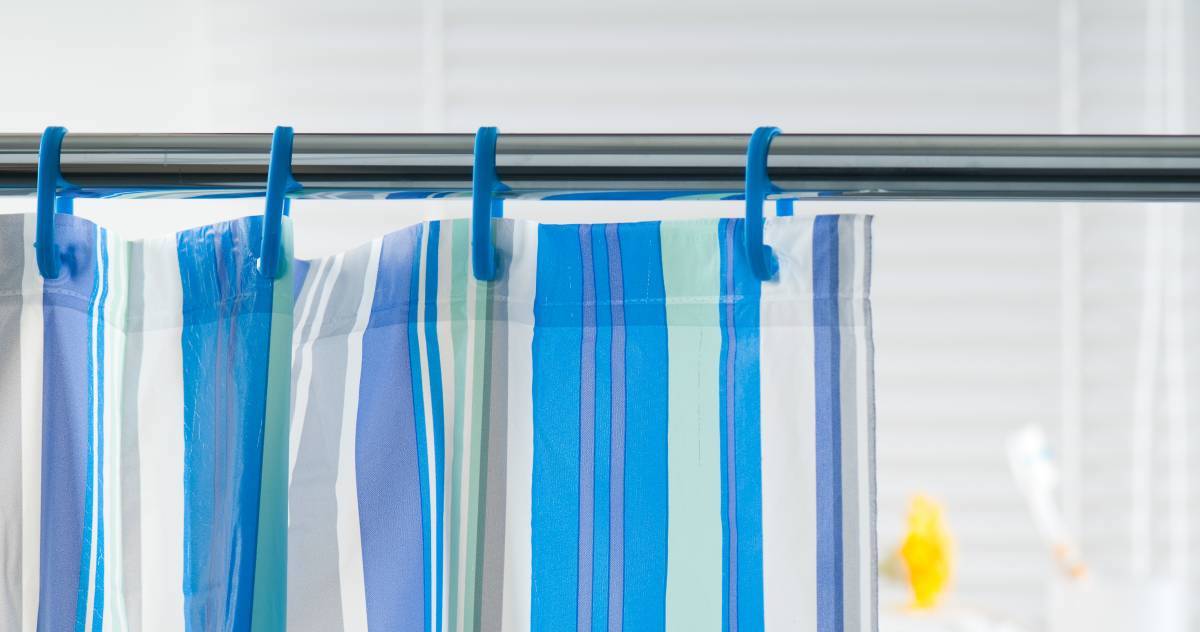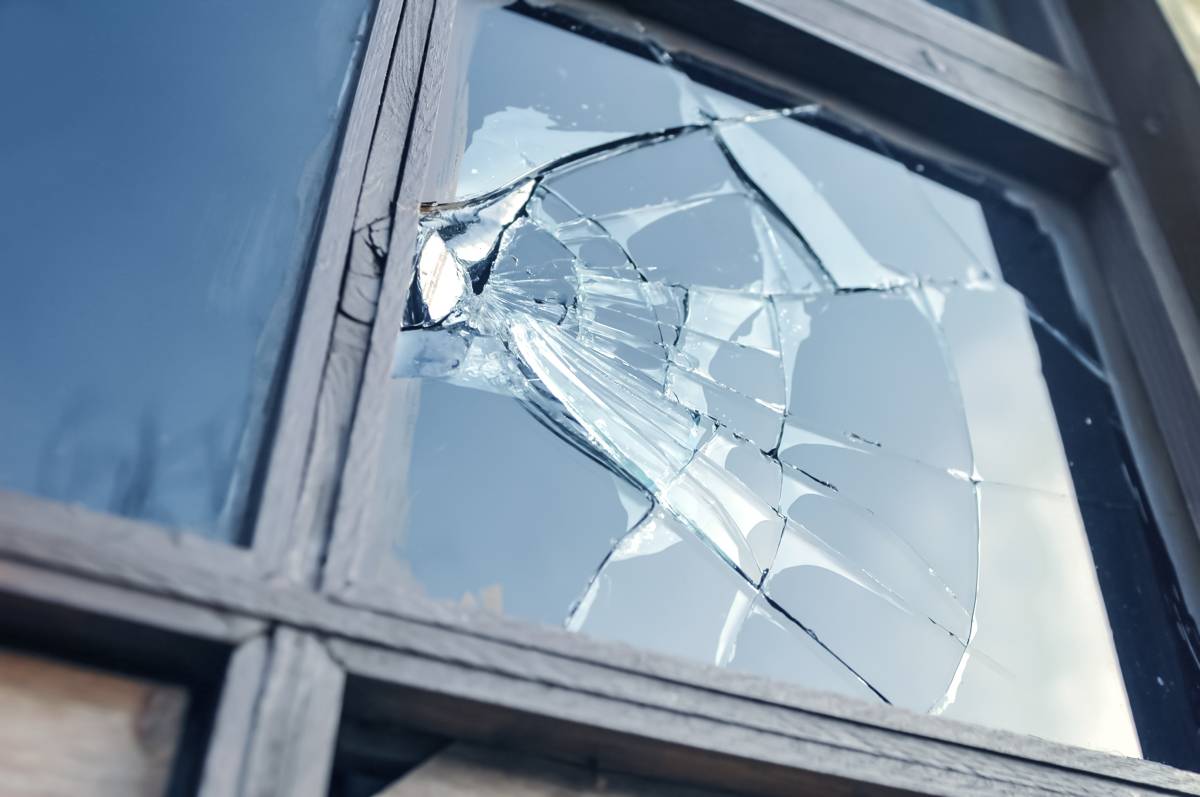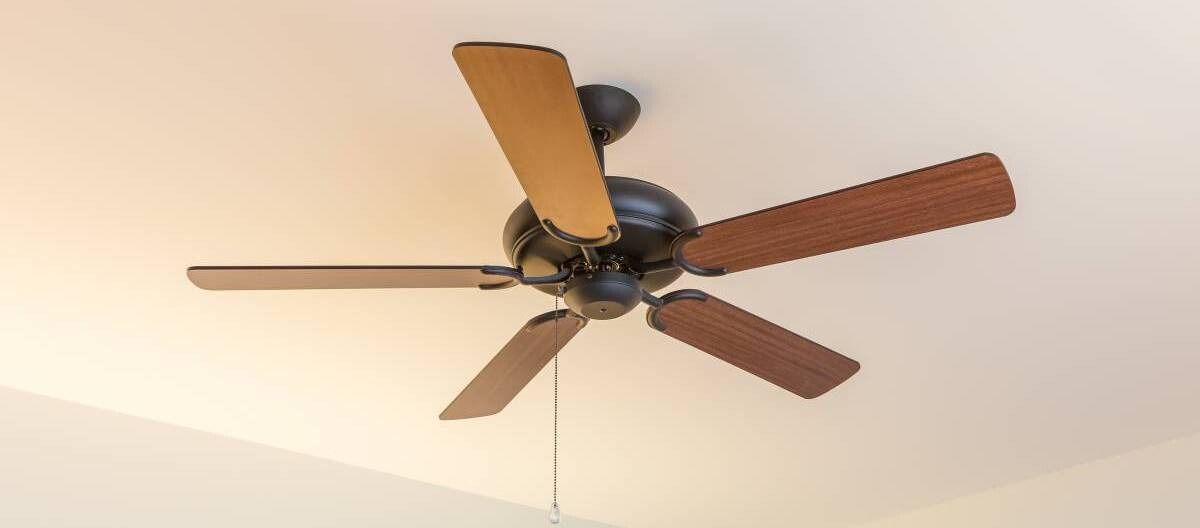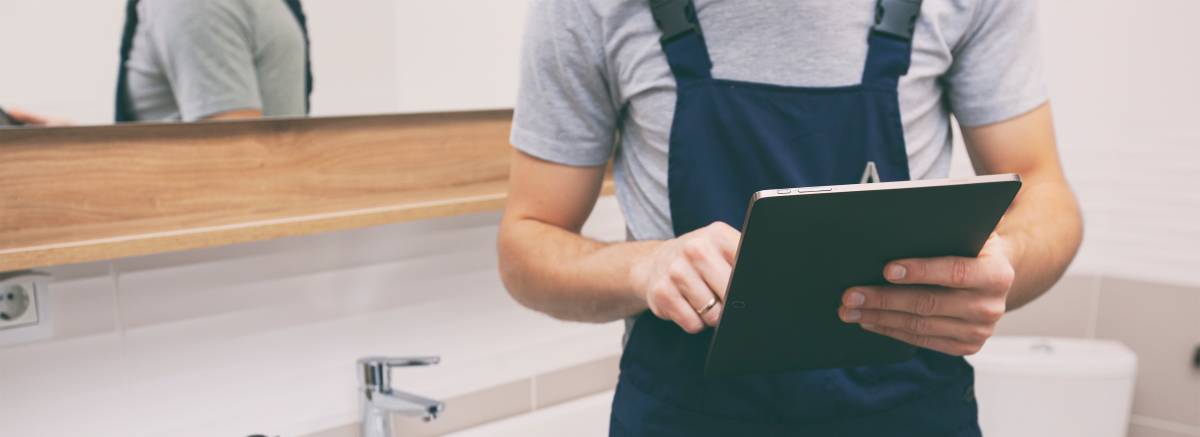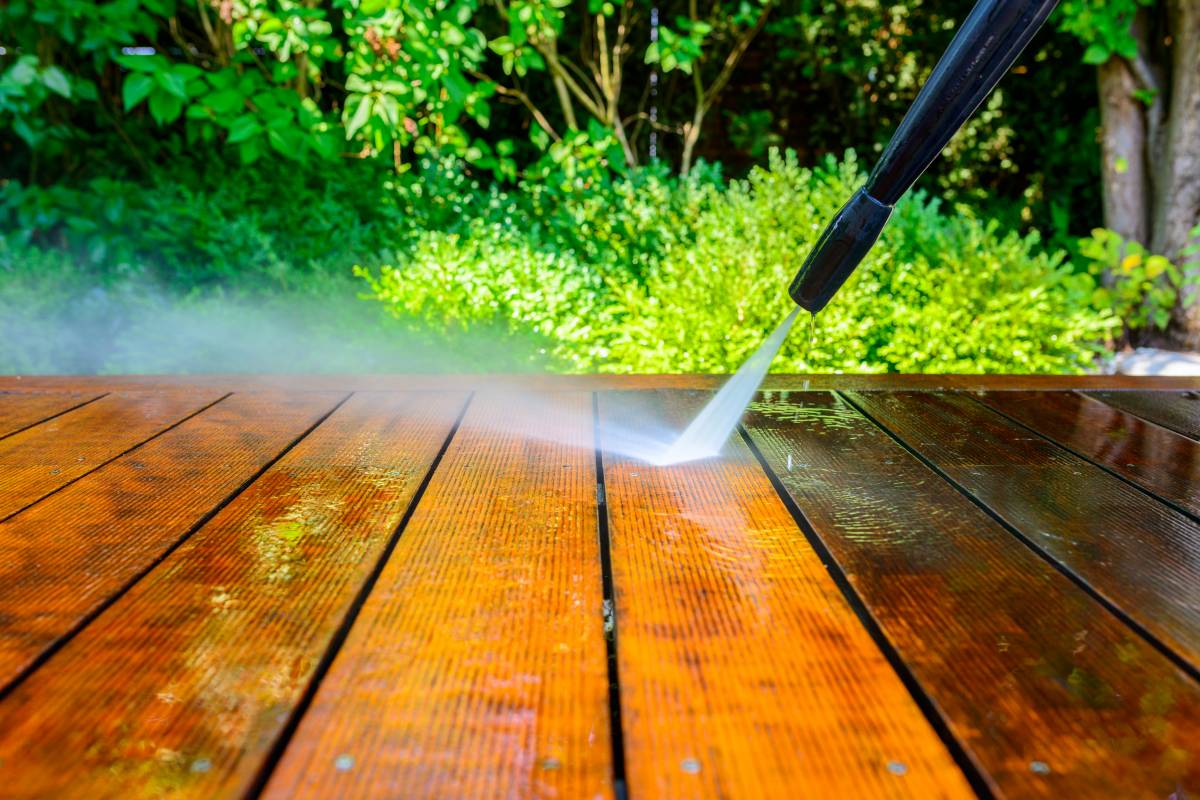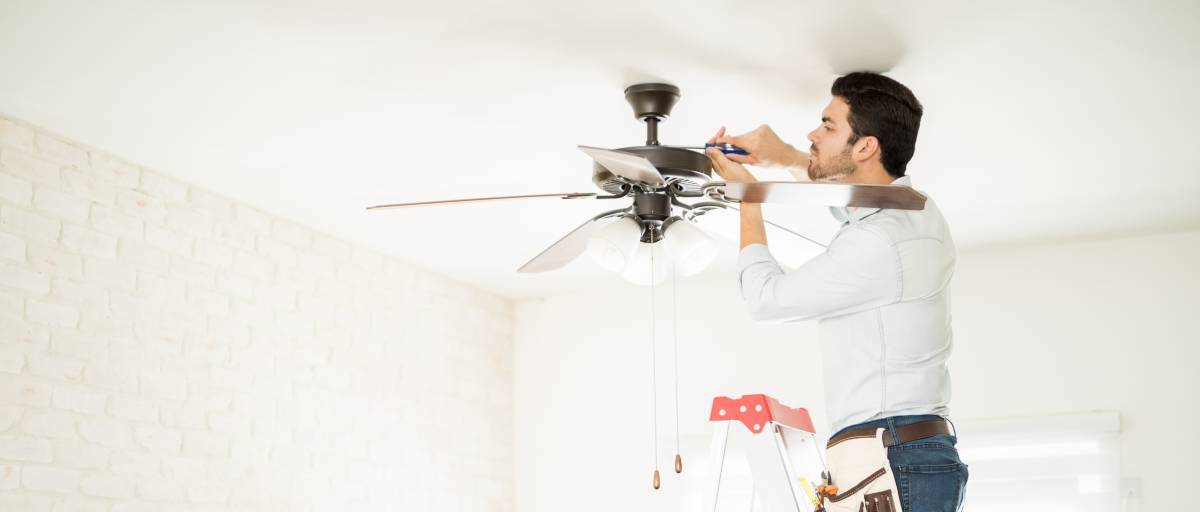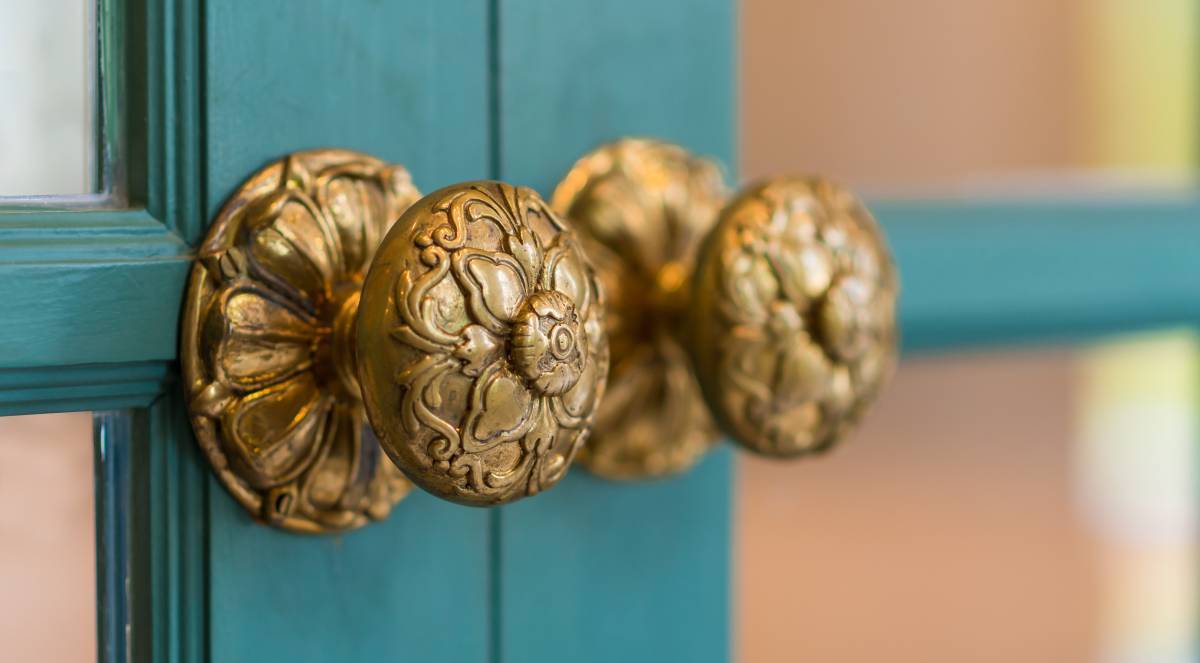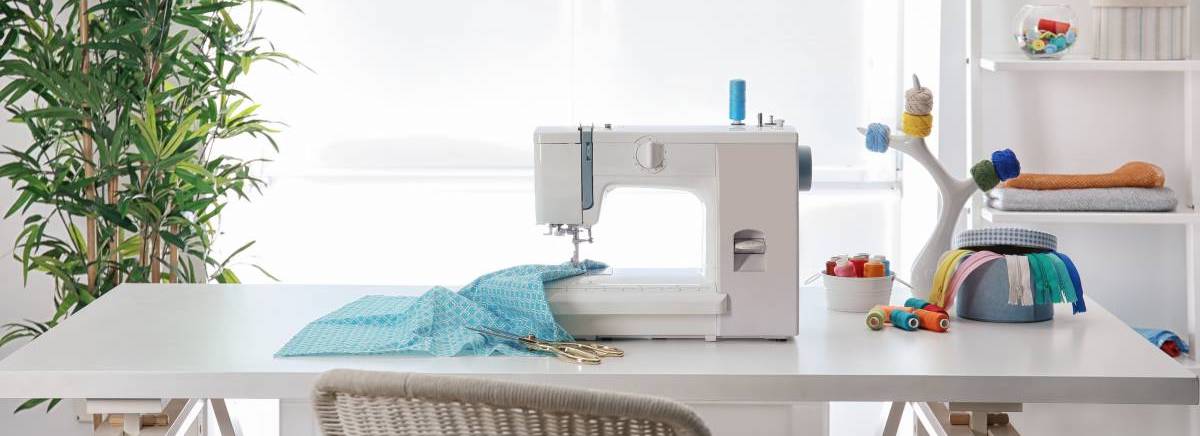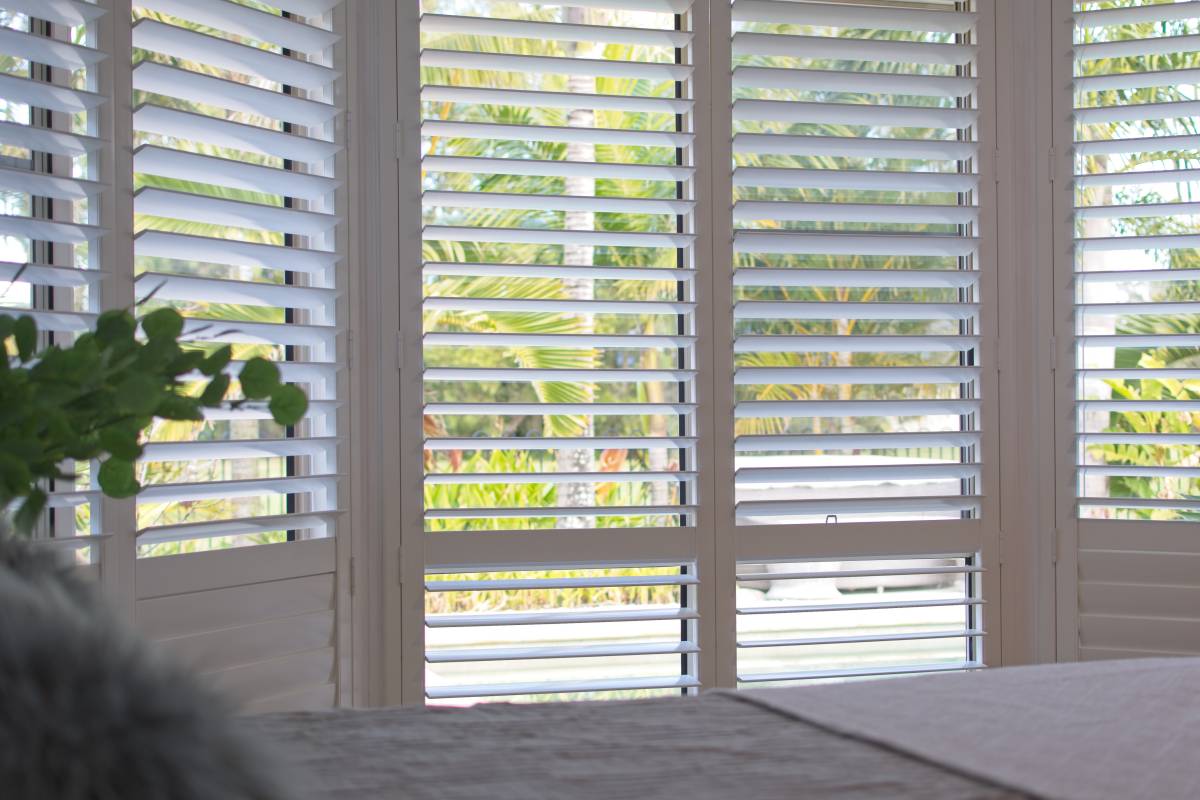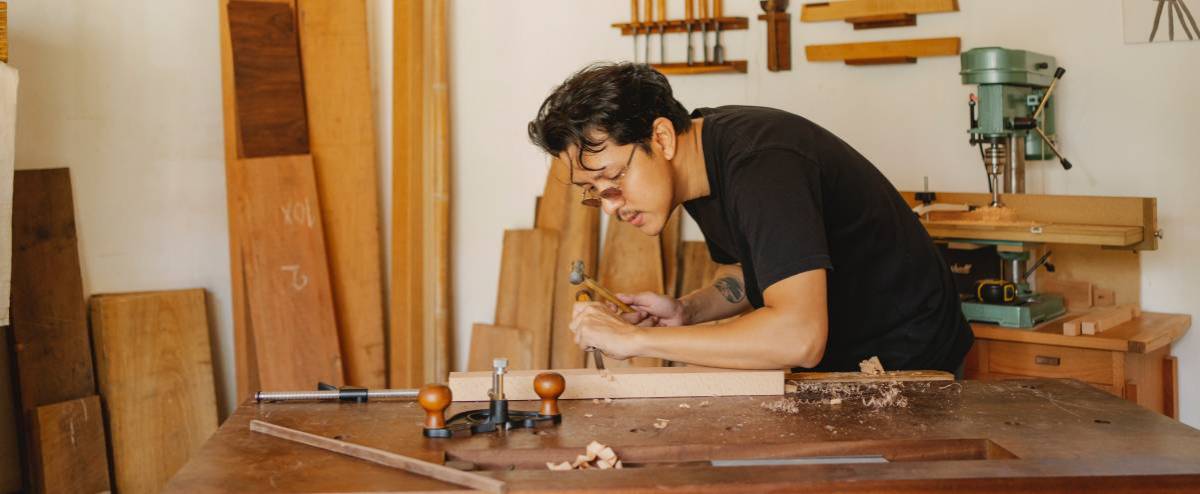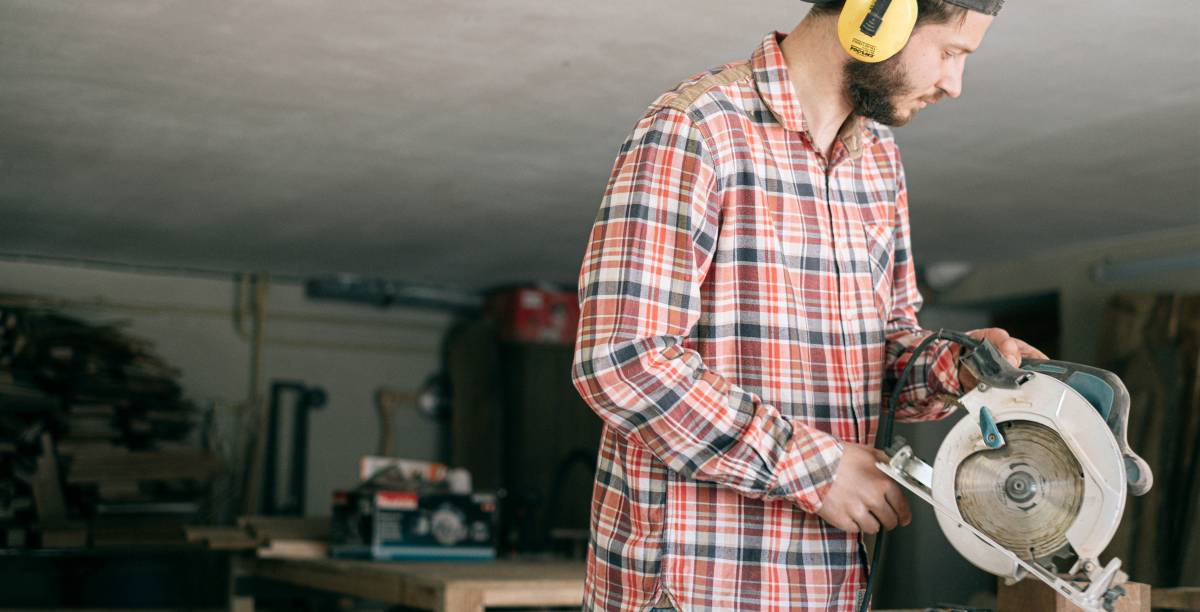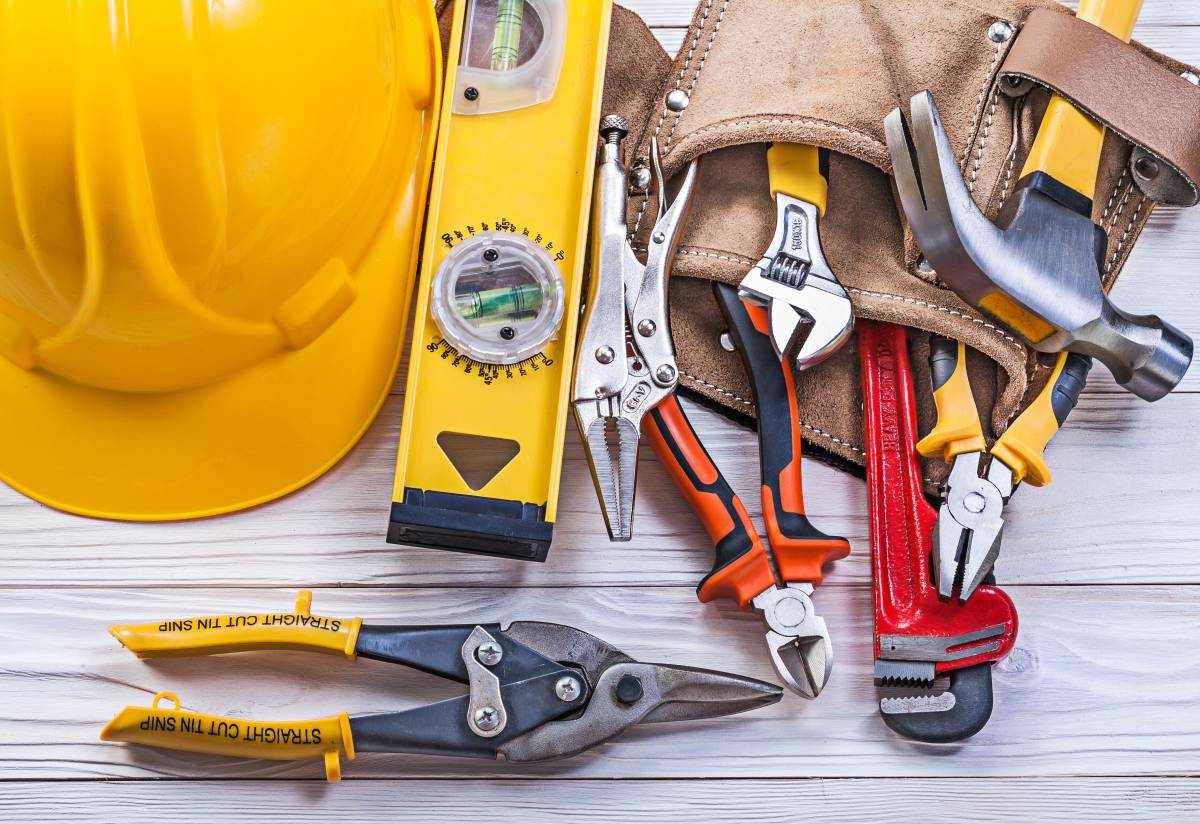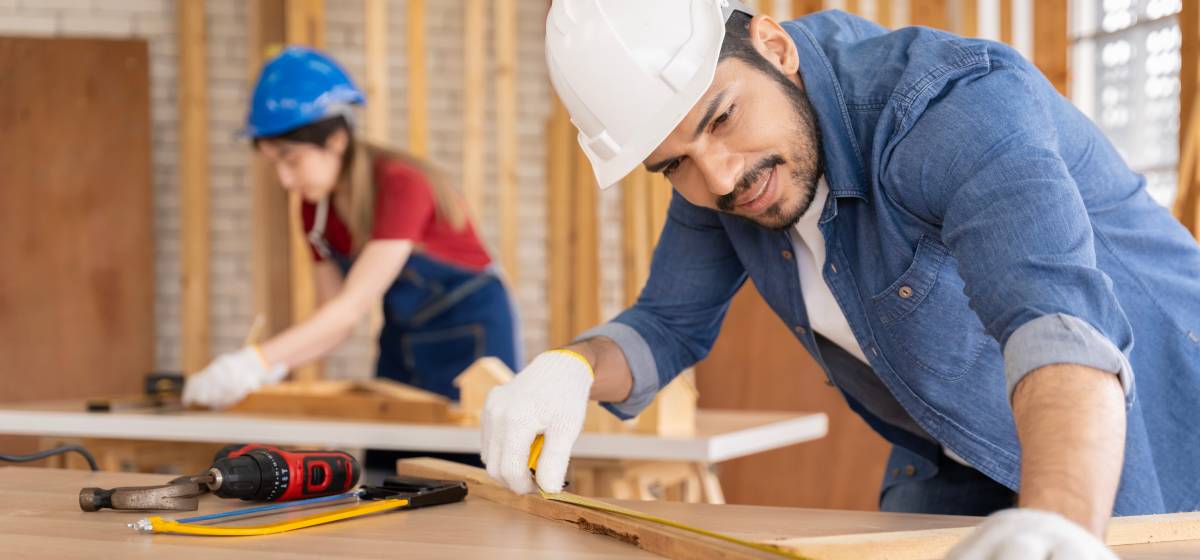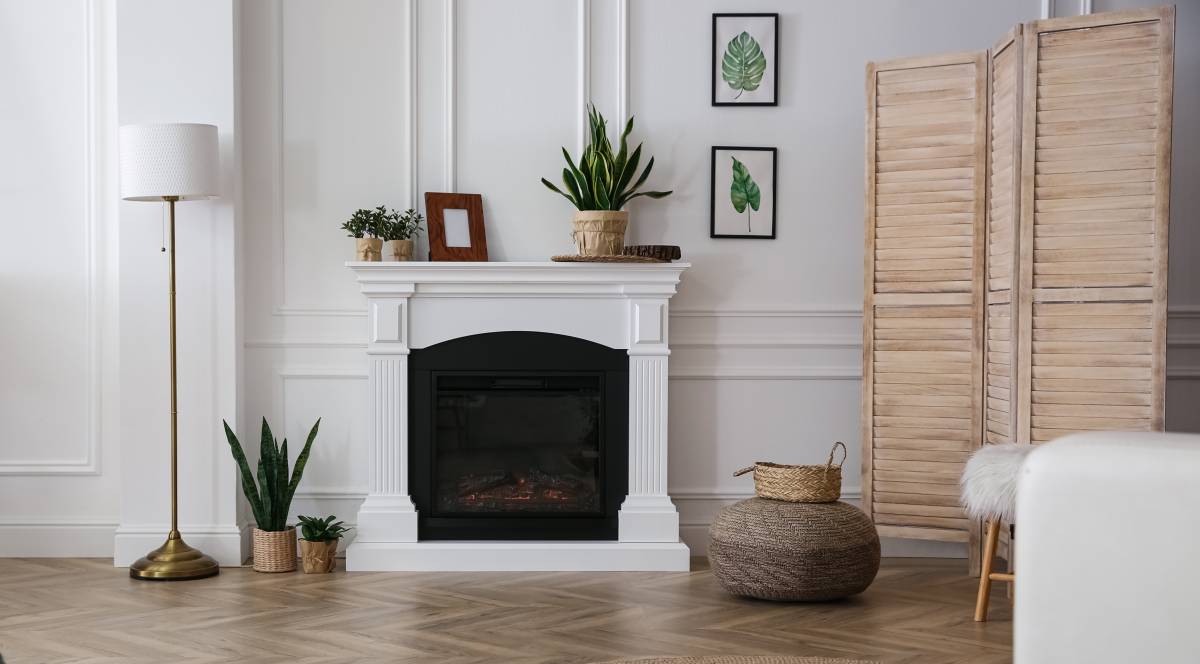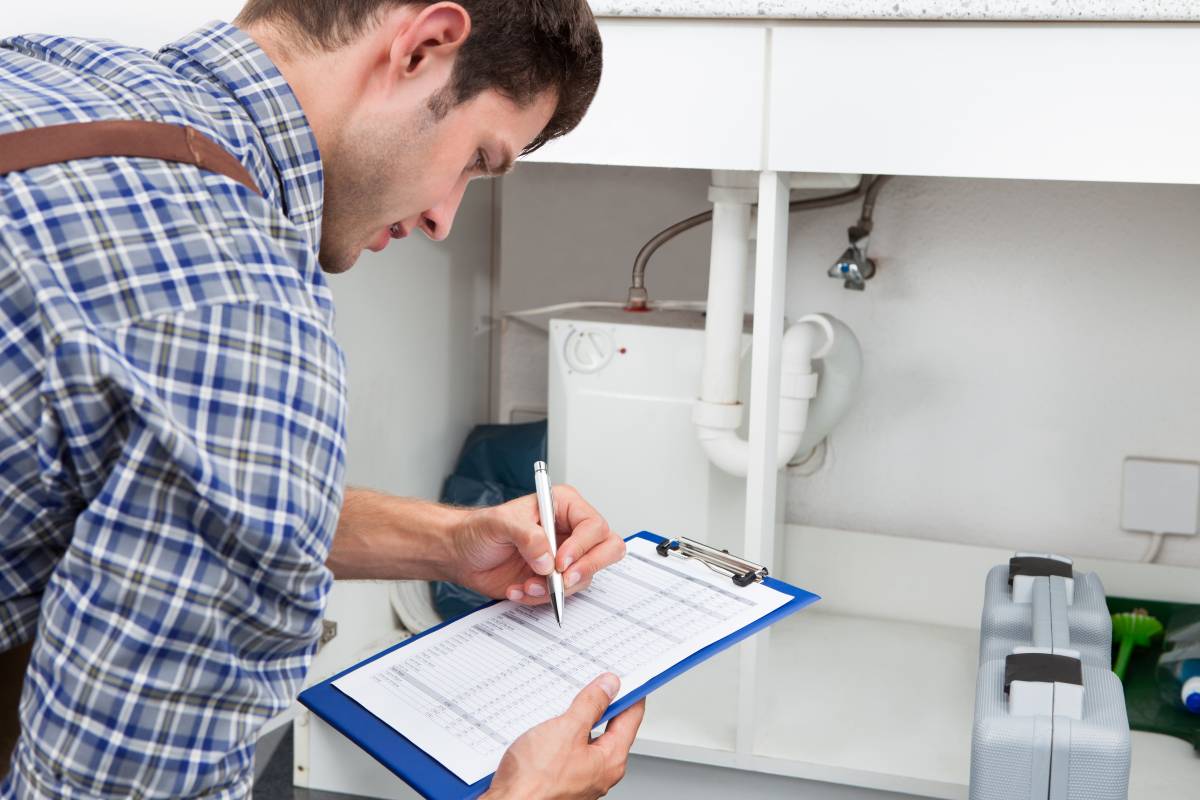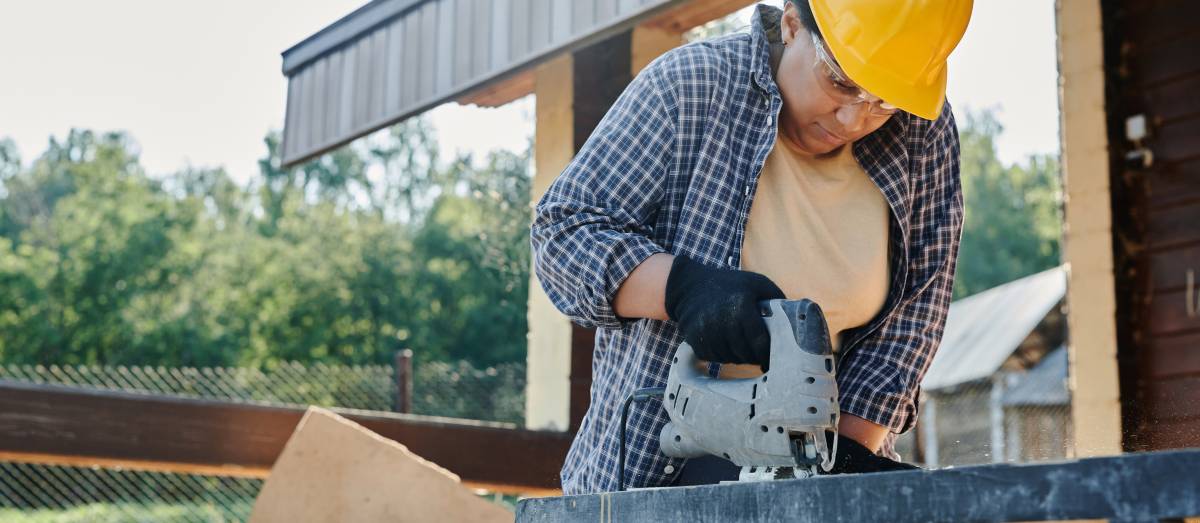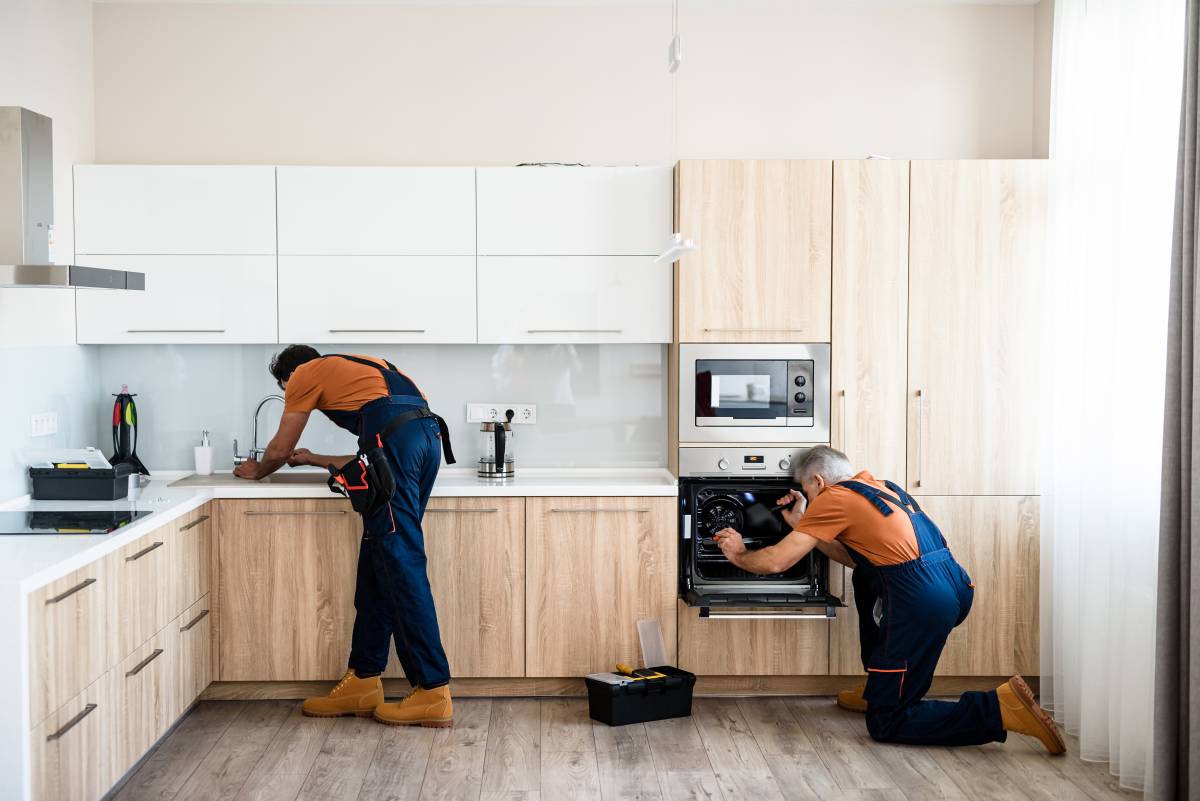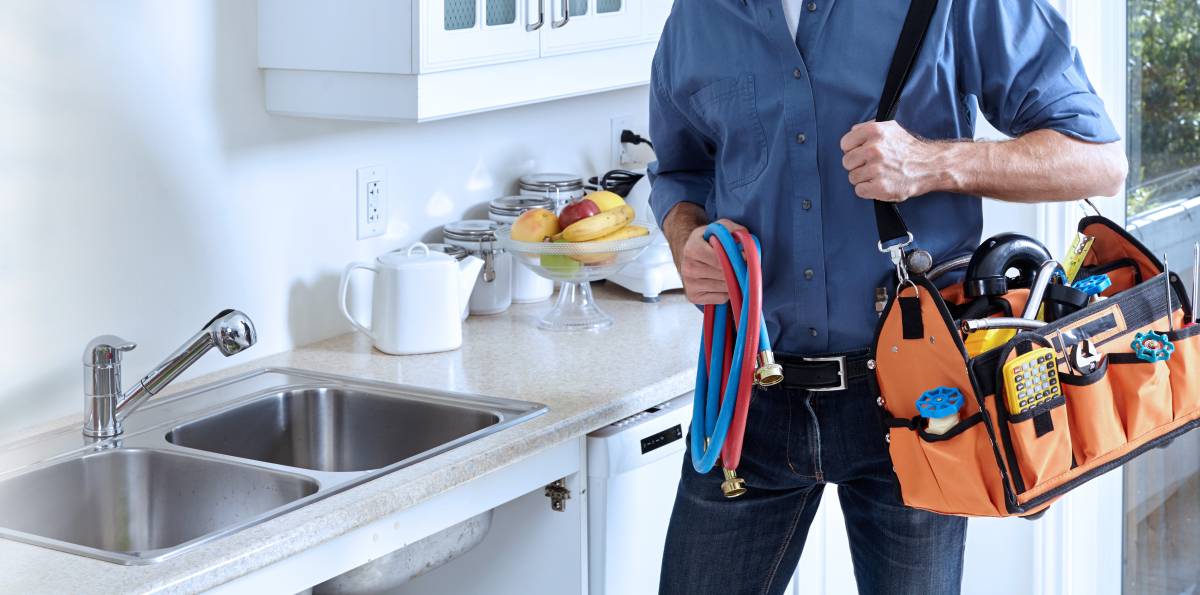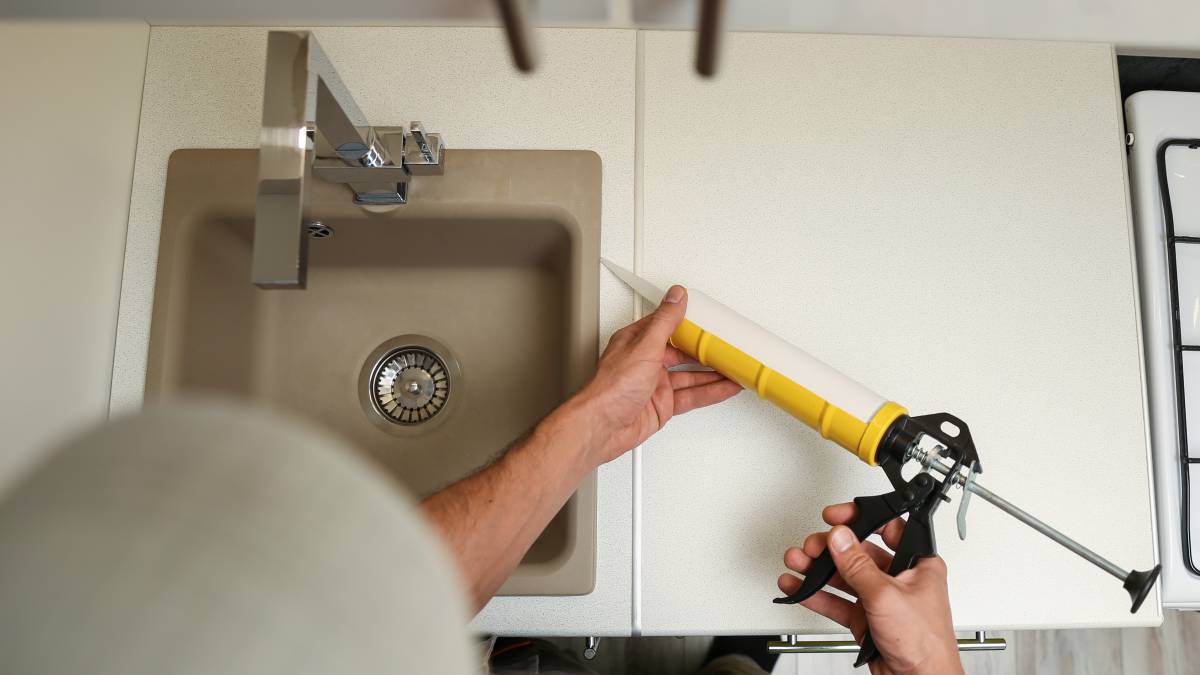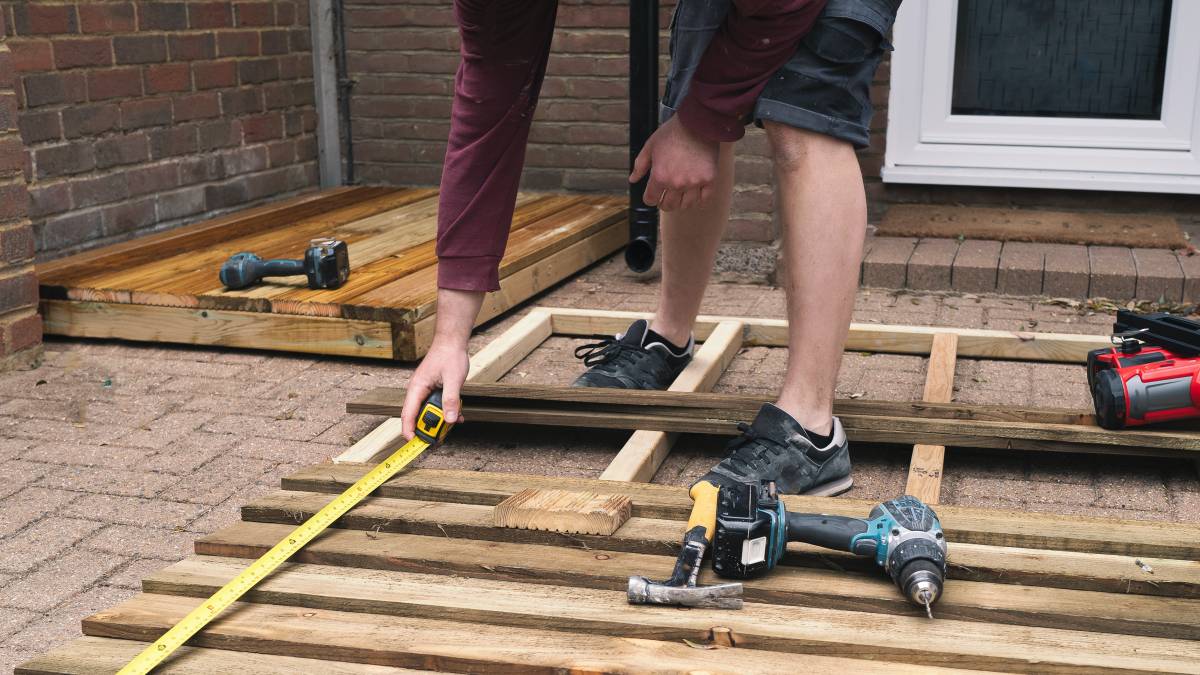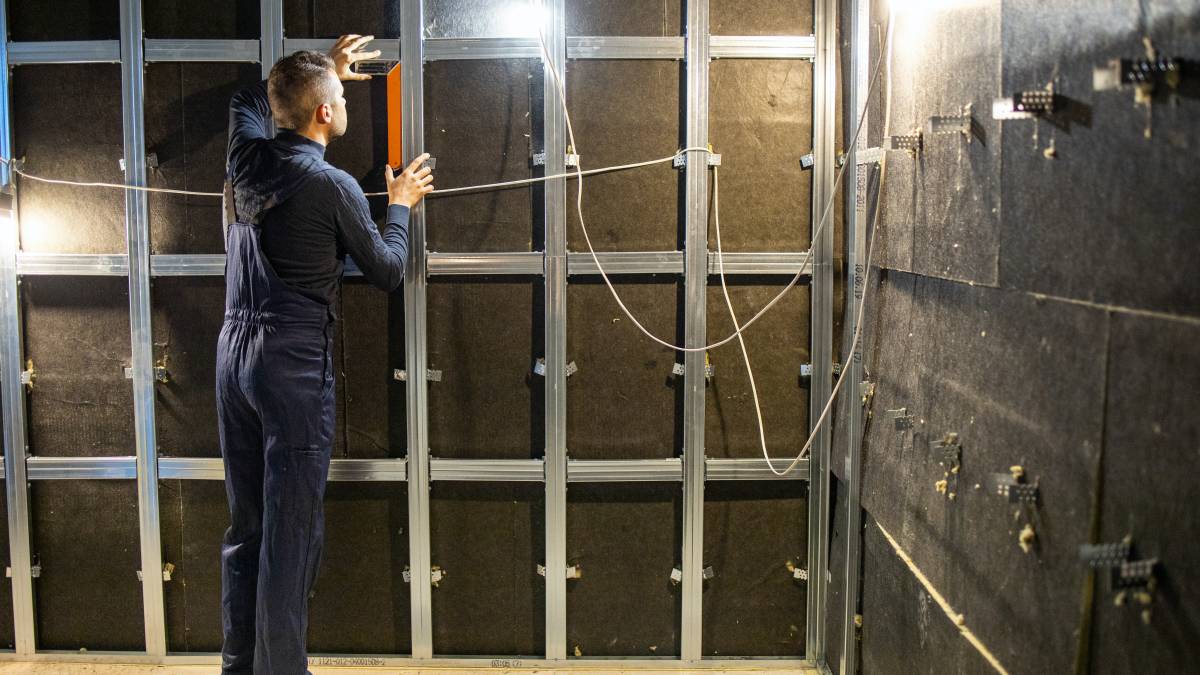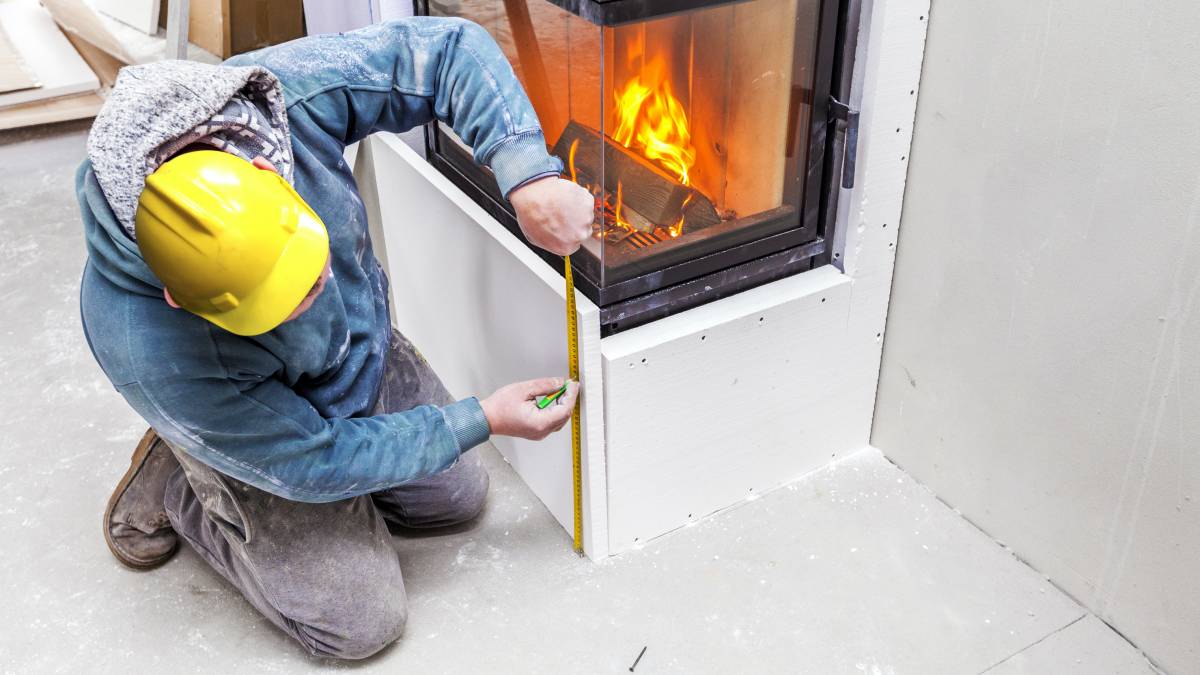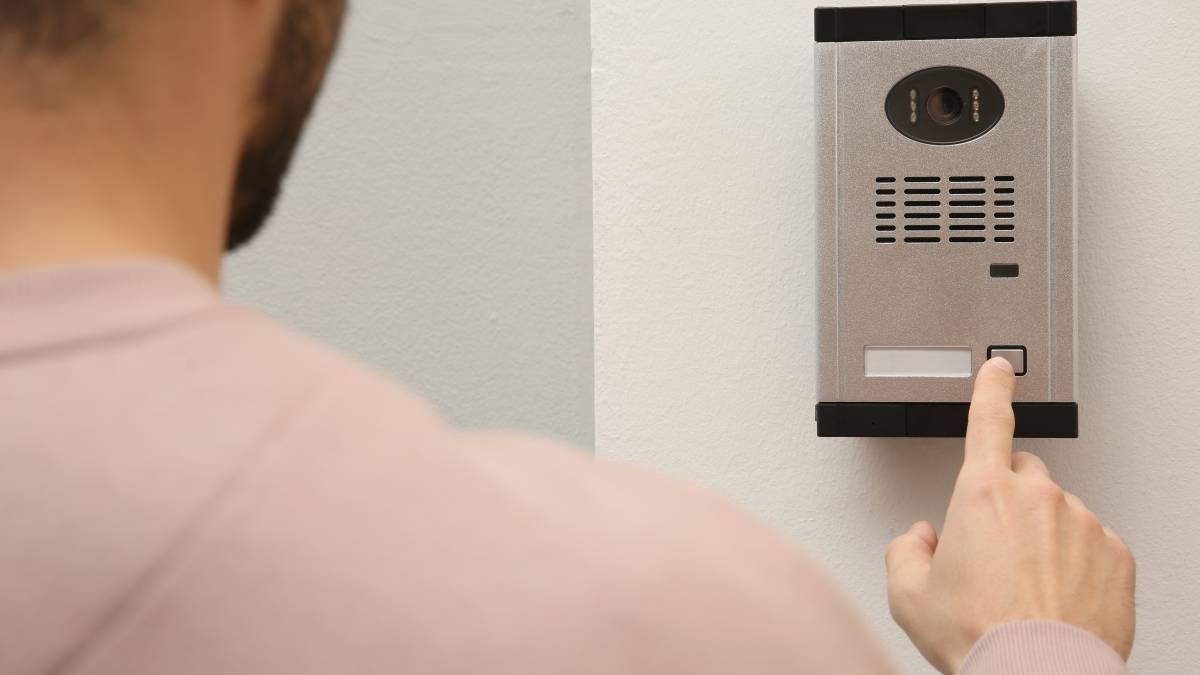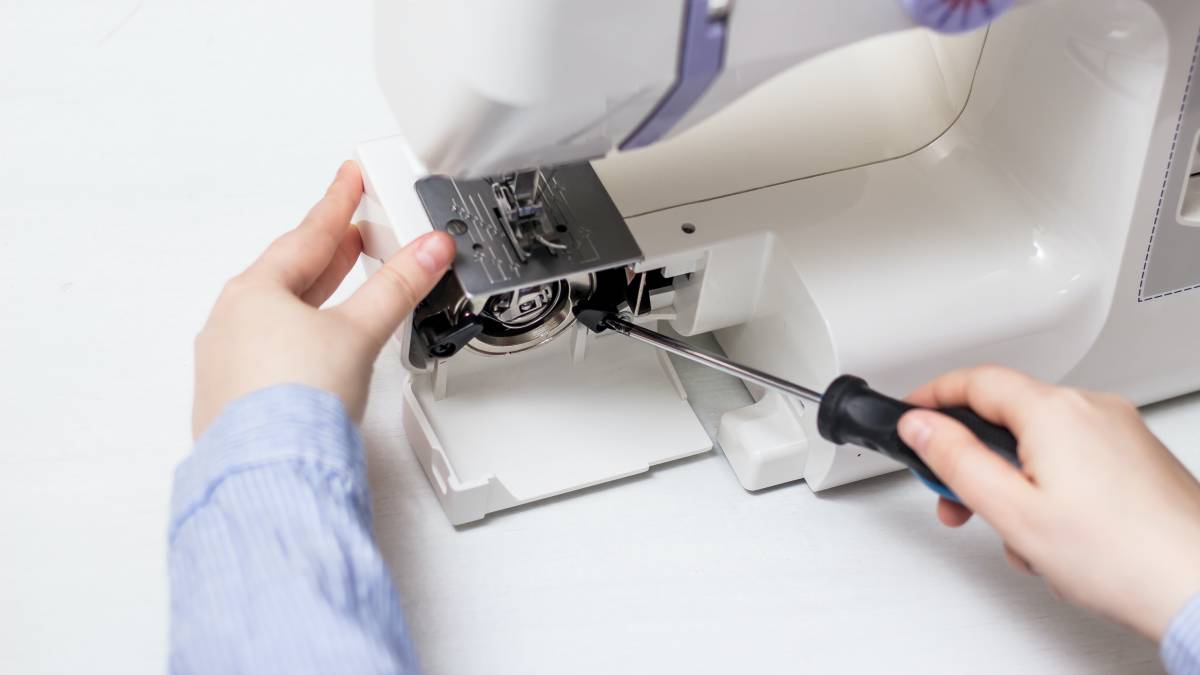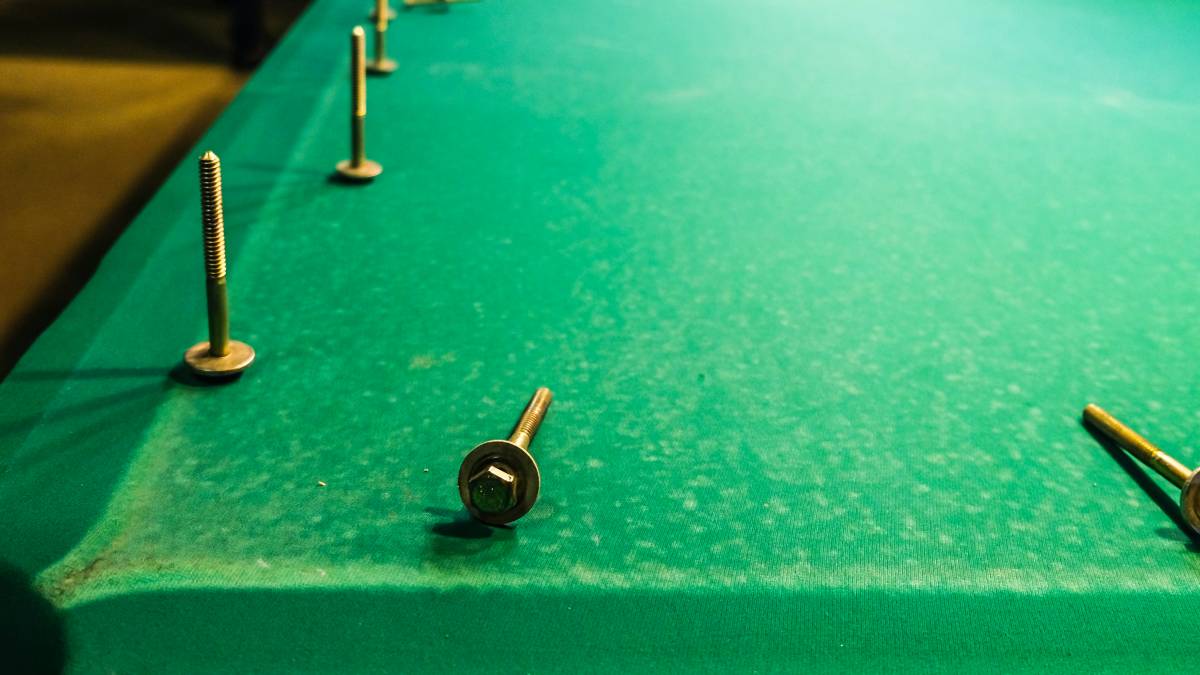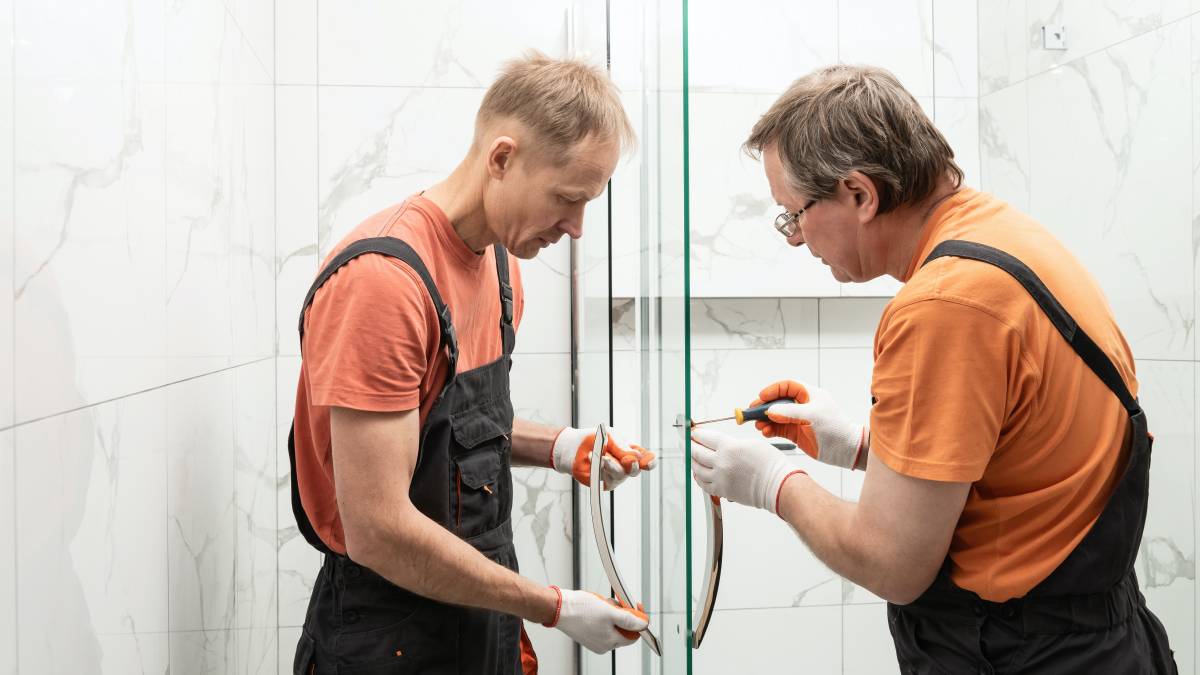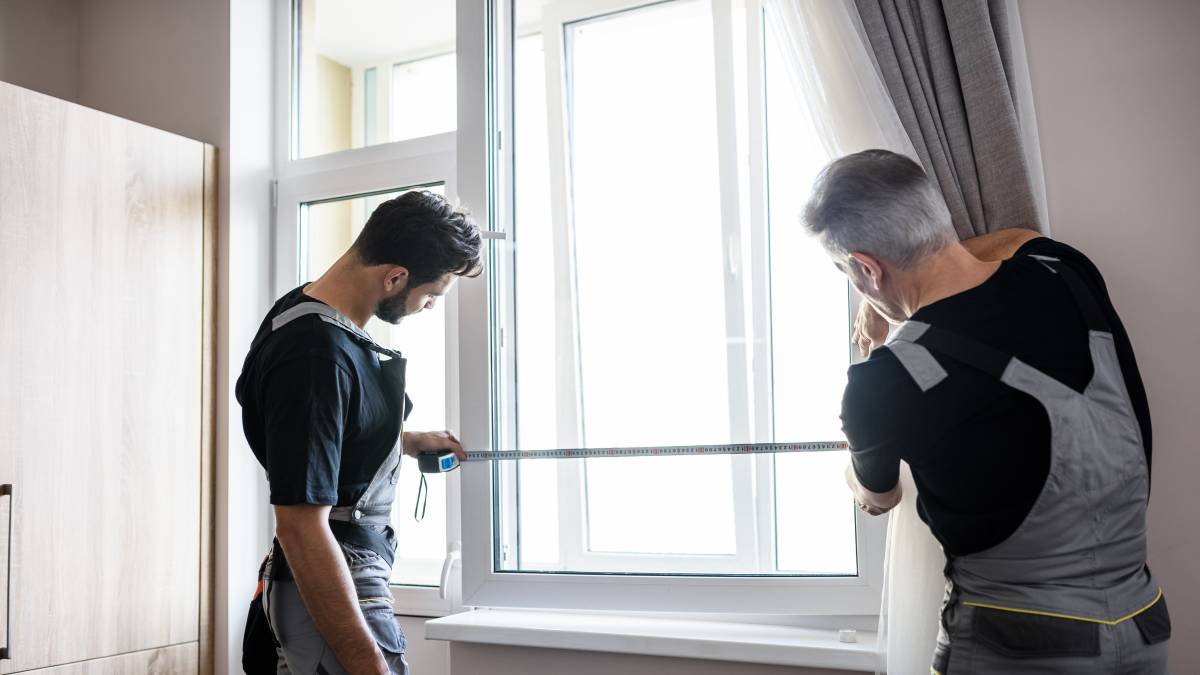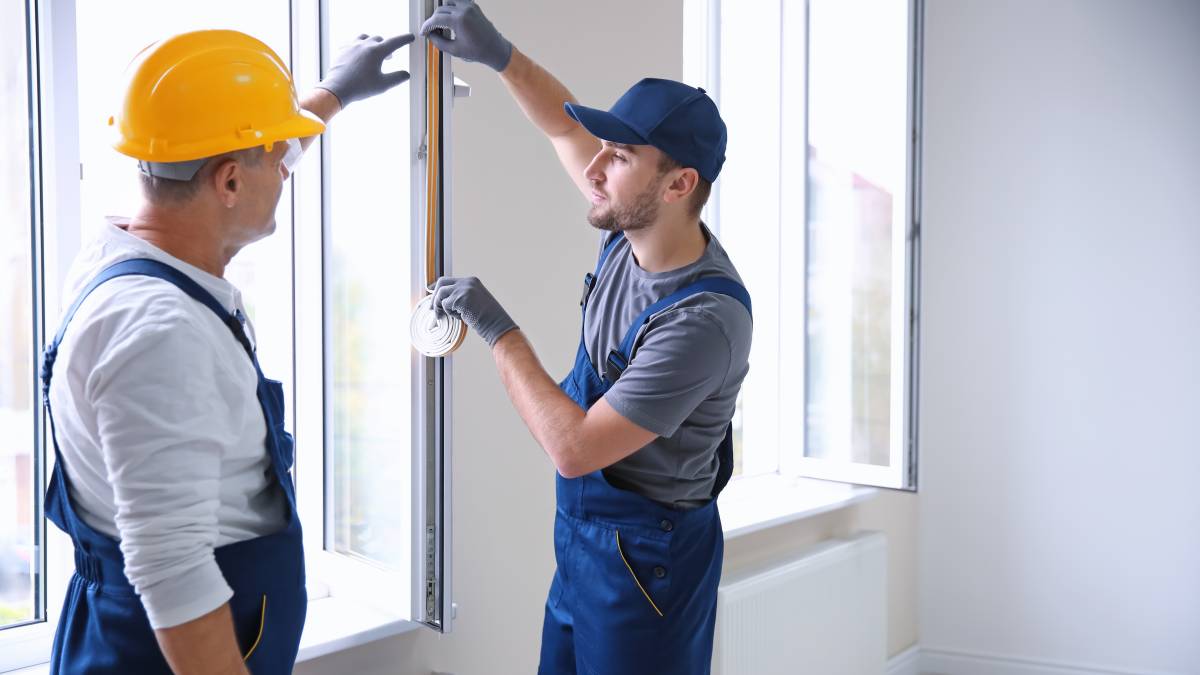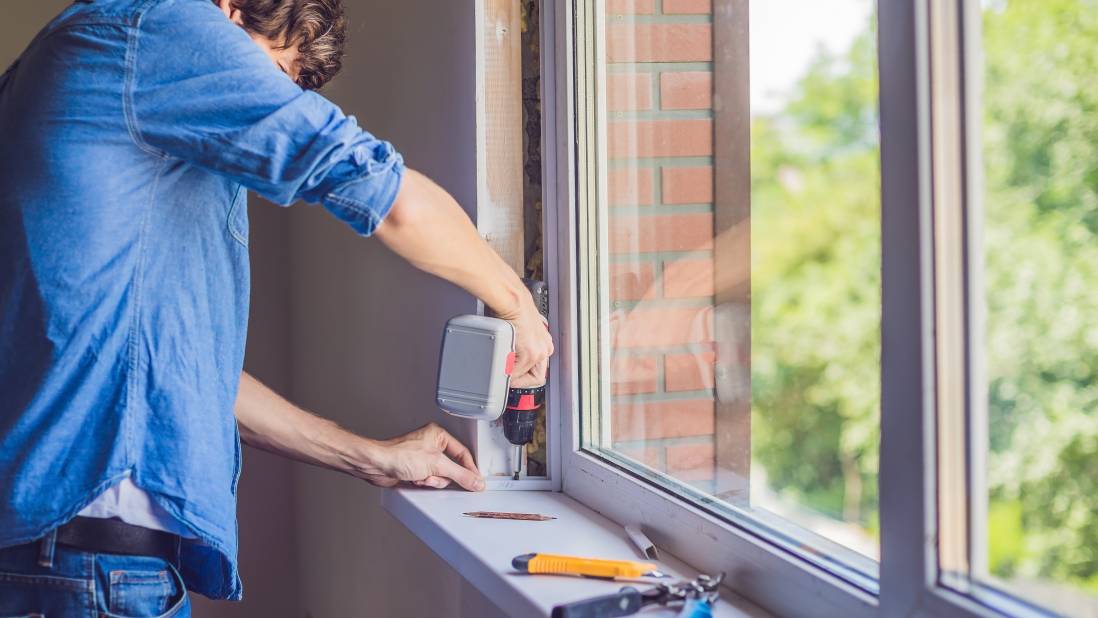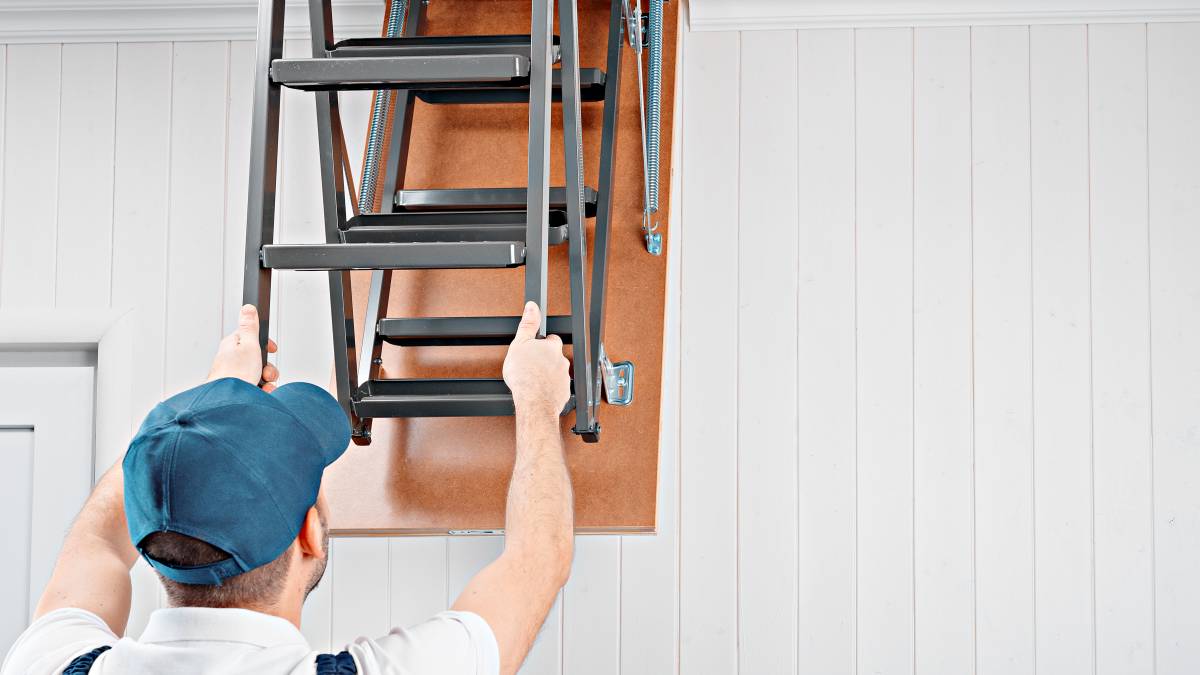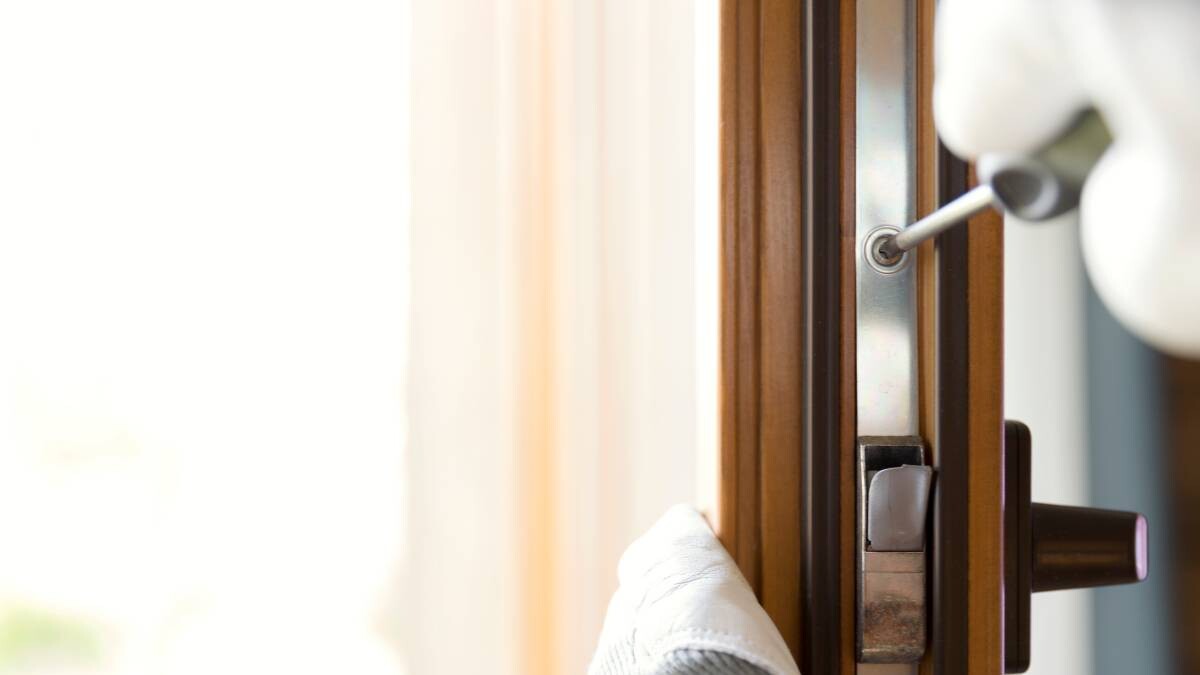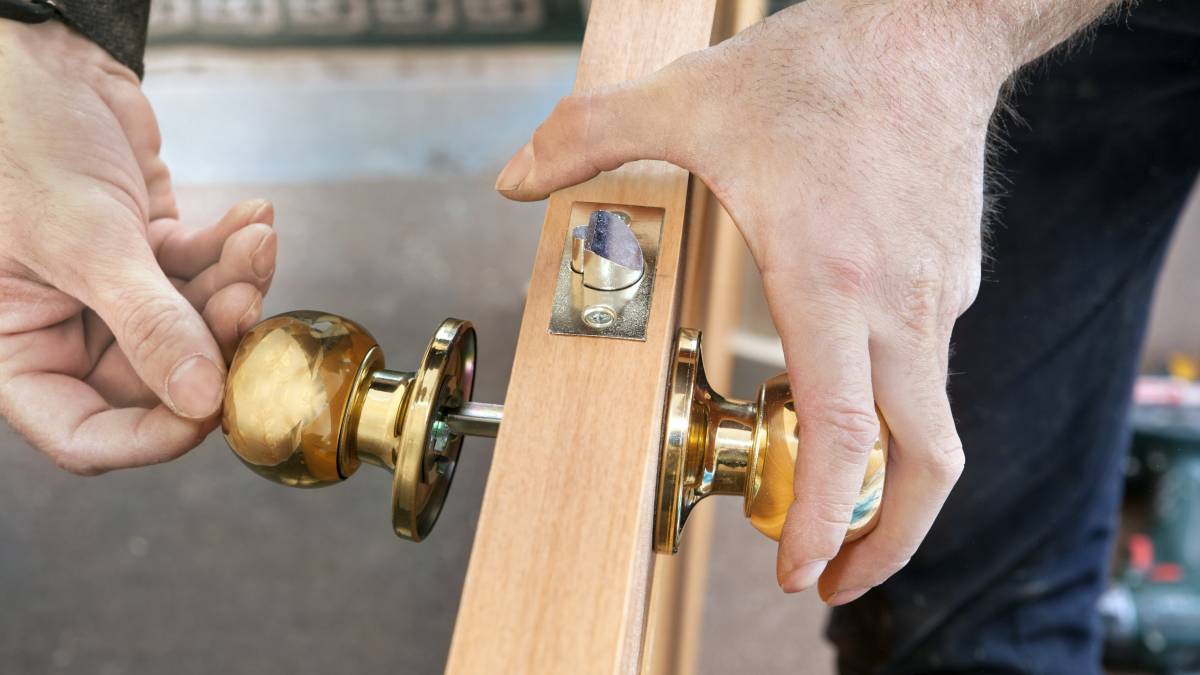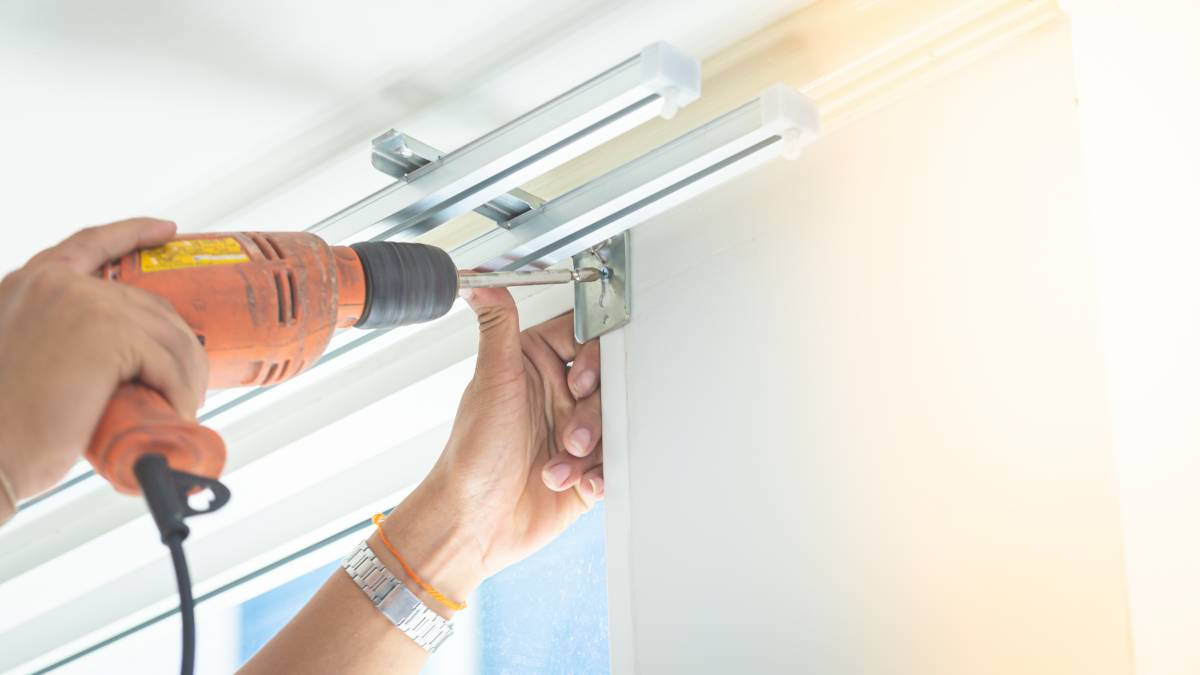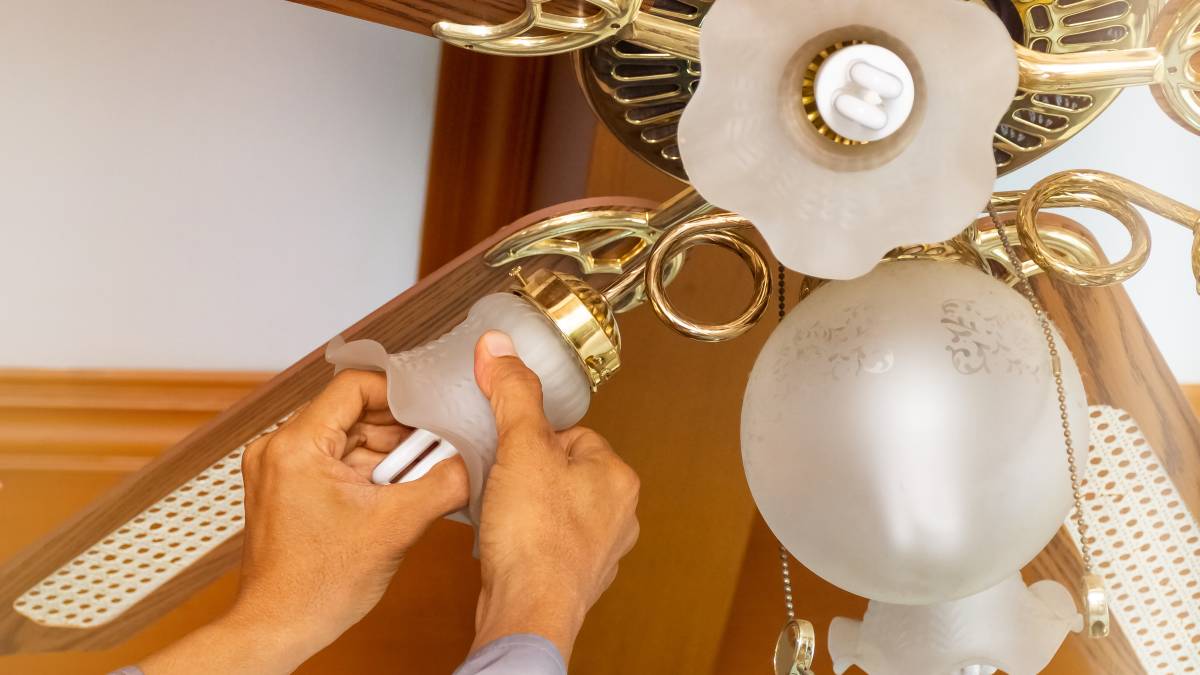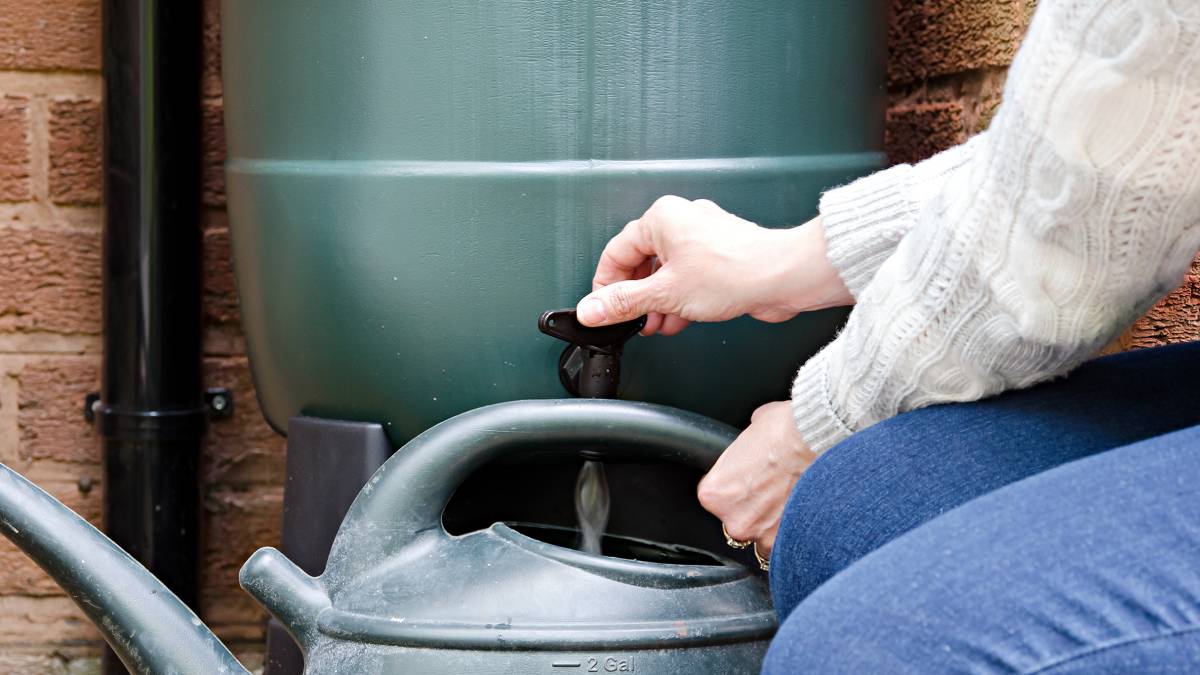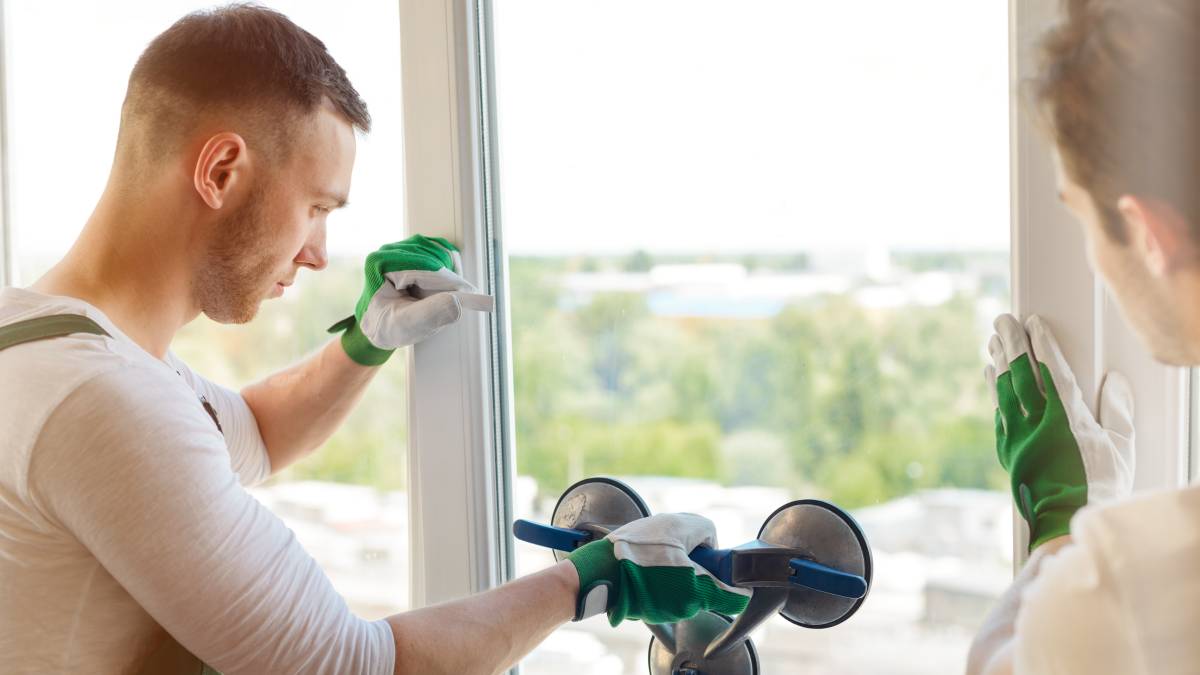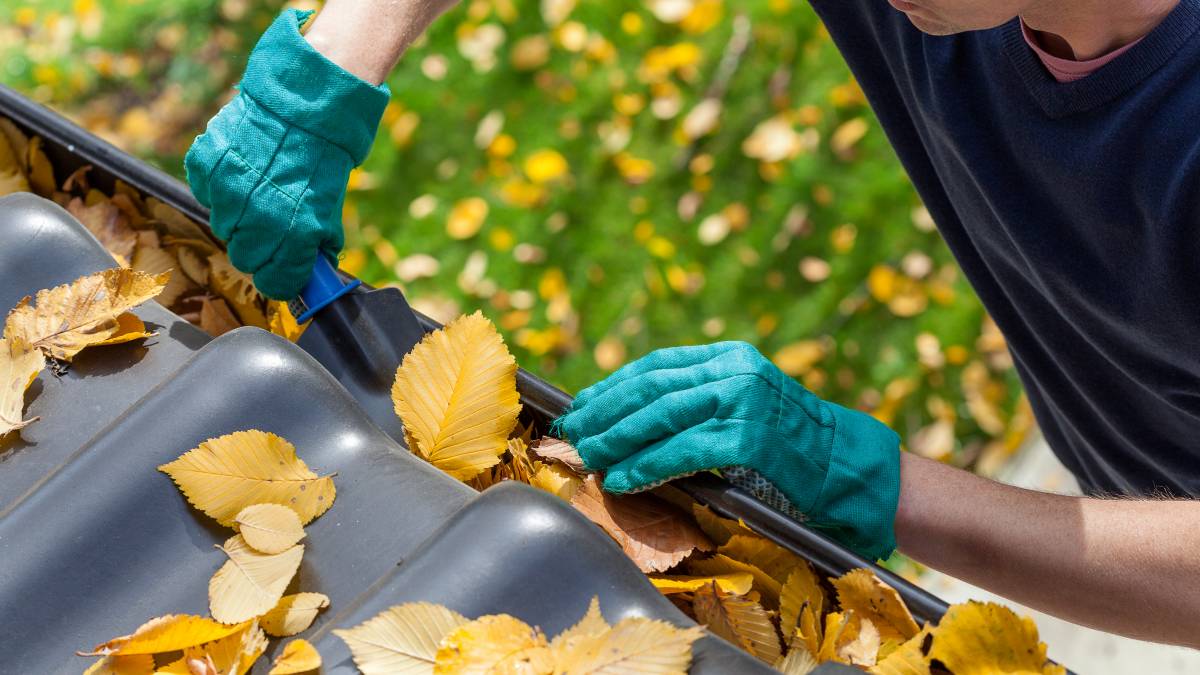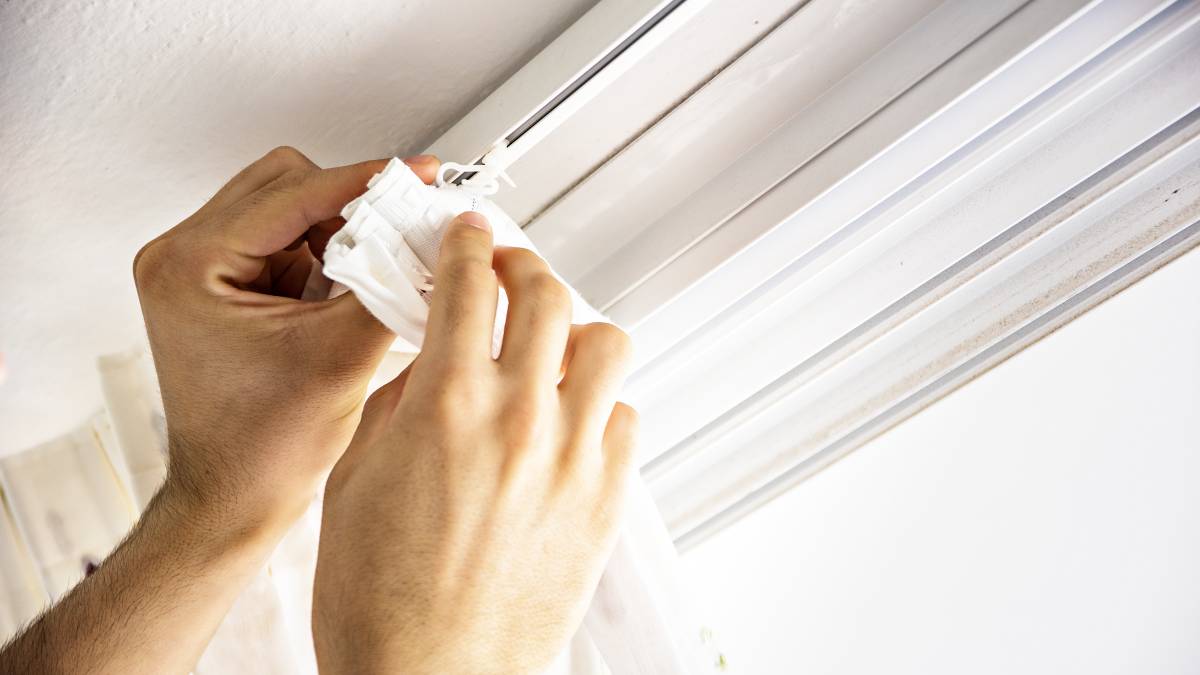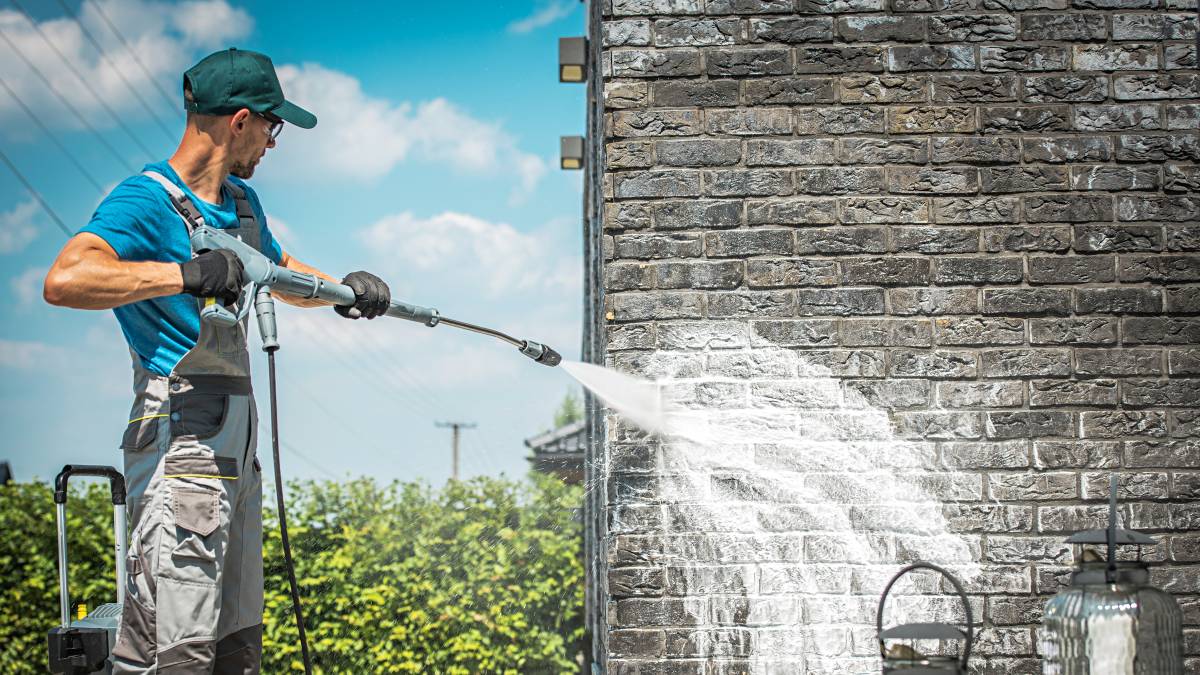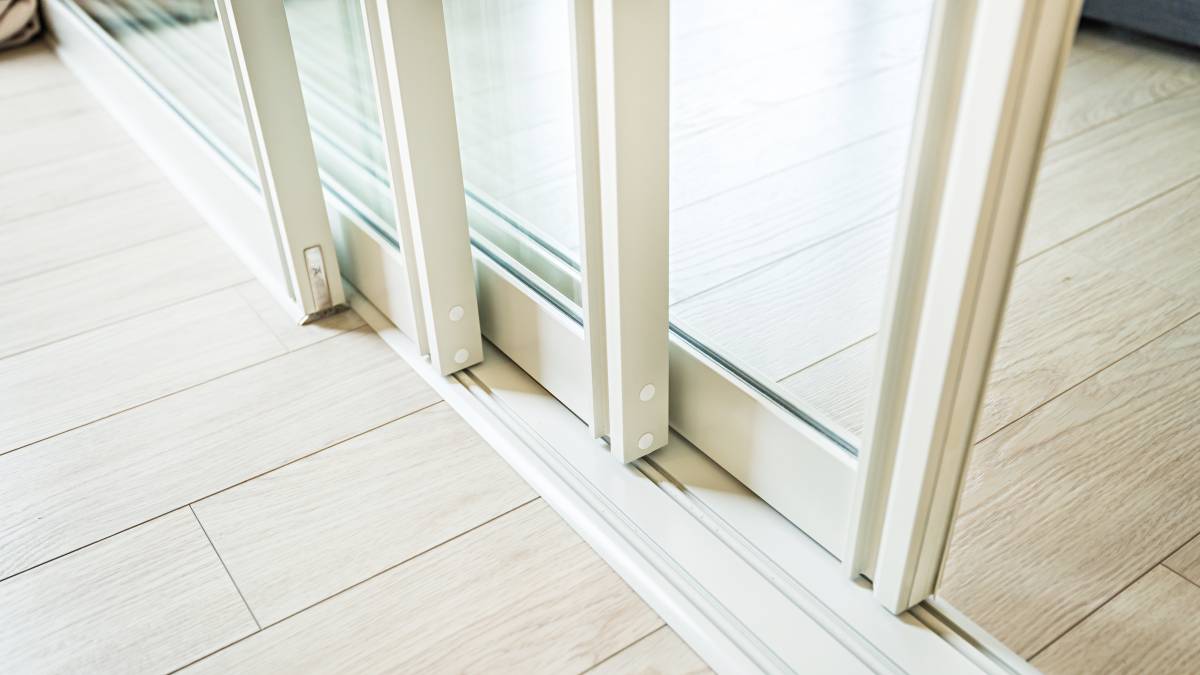- Home/
- Guides/
- Clock Repair/
- Grandfather Clock Maintenance
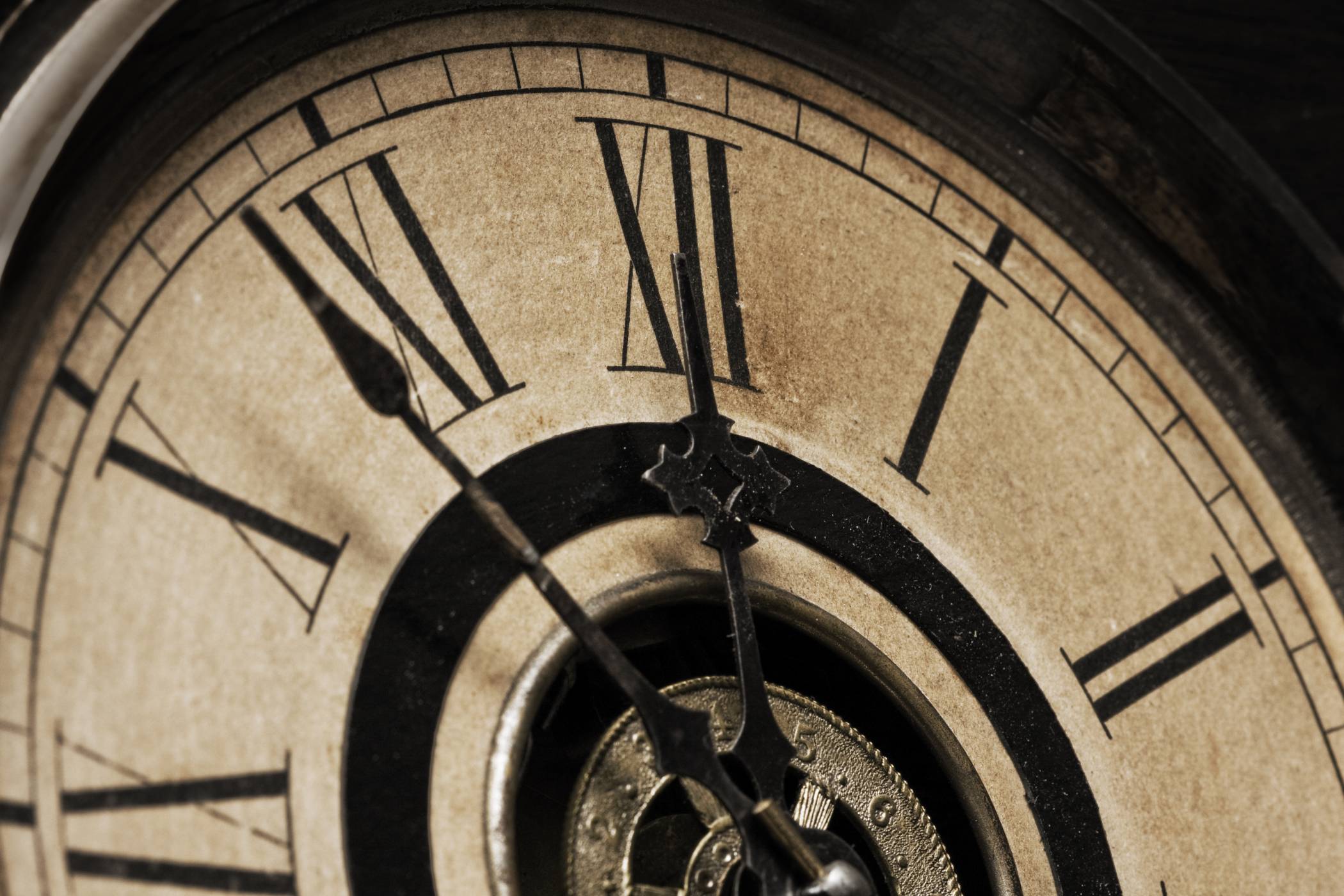
The ultimate grandfather clock maintenance guide
Learn about grandfather clock maintenance to keep these prized timepieces in shape!
Find a clock repair expertLast Updated on
Maintaining a machine as intricate as a grandfather clock is a daunting challenge. These impressive pieces of furniture are often prized family heirlooms for a reason, and grandfather clock maintenance requires specific knowledge that cannot be overlooked.
If you own a grandfather clock, it’s good to be knowledgeable about its maintenance. Cleaning and winding the clock are basics that any owner needs to know. However, there are also trained handymen who know how to fix a grandfather clock for more complicated problems like deep cleaning and repairing broken chimes.
Get to know more about these complicated machines in our ultimate guide to grandfather clock maintenance!
Important parts of a grandfather clock
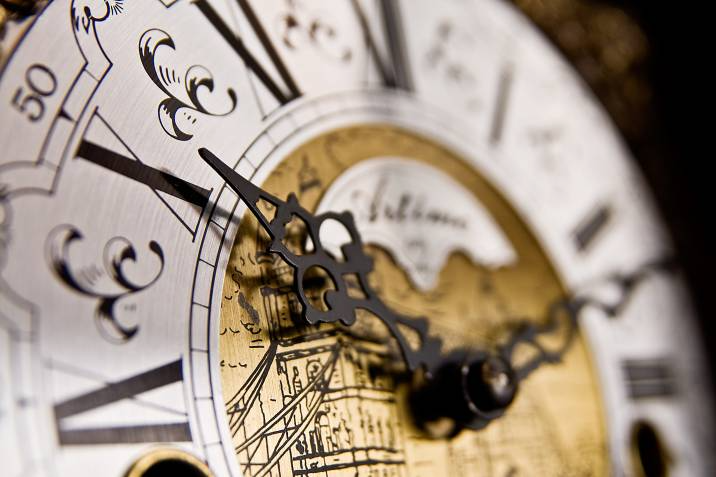
Before getting into the maintenance of your grandfather clock, it’s worth getting to know the different parts of the machine and how they work. Let’s cover a few essential parts you need to know during repairs and maintenance.
Pendulum
The pendulum is what keeps the time for your grandfather clock. The swinging motion makes the clock tick — literally! Each swing back and forth usually takes two seconds on the grandfather clock, which means going from left-to-right takes one second, and right-to-left takes another. You may need to periodically adjust the clock pendulum to get accurate timing.
Weights
If the pendulum makes the clock tick, the weights make it run. You need to know how to wind a grandfather clock because winding puts the weights in the air for them to fall. The force that generates causes the mechanism in the clock to work, starting your grandfather clock’s timekeeping powers. These weights go up and down as they turn a drum, which turns the pendulum and lets the clock move forward.
Face
The face of a grandfather clock is like most clocks, with an hour hand, a minute hand and a second hand. When the weights shift and make the pendulum move back and forth, they turn a drum and some gears that make each second tick. With each second tick, both the minute and the hour hands turn at their own paces to let us tell time.
Chimes
To be considered a grandfather clock, it must have chimes. Traditional grandfather clocks strike their chimes every hour, but a few go off every few minutes. Ensure you know how often your grandfather clock chimes. Their intricate system of hammers and wheels can be a technical challenge to fix.
How to maintain and repair a grandfather clock
Keep your grandfather clock in pristine condition by taking these tips on maintenance and repair. Be sure to check for problems thoroughly to avoid high clock maintenance costs.
1. Proper storage is key
One of the keys to maintaining your grandfather clock is storing it properly. Keep it in a cool and shady area where it does not get any direct sunlight. Avoid putting it in humid rooms where it might crack or cause the finish of the wood to fade. Lastly, keep its doors closed because dust accumulates in every corner as it ages, which could lead to even more problems with your grandfather clock.
2. Make sure the clock is wound
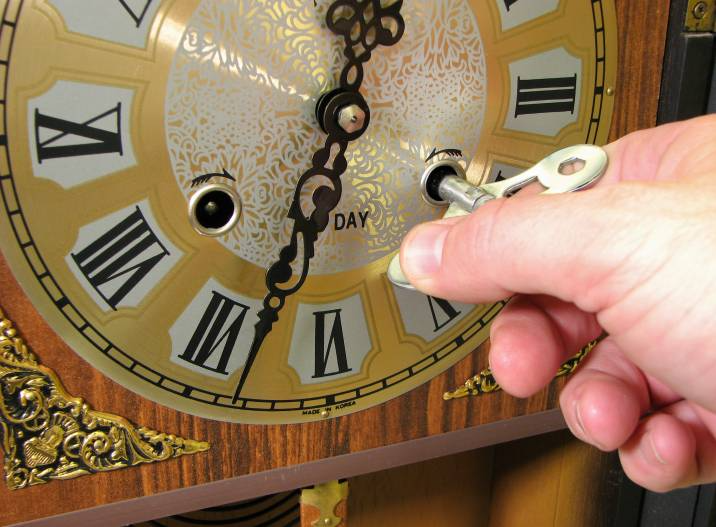
If it’s your first time encountering a grandfather clock, you might not know it needs to be wound for it to run. Winding raises the weights before letting them drop to generate force that makes the whole machine run. Most grandfather clocks have a crank or key behind the front door, so turn it to make your clock run. Most grandfather clocks run eight days before needing to be rewound.
3. Maintain the oil
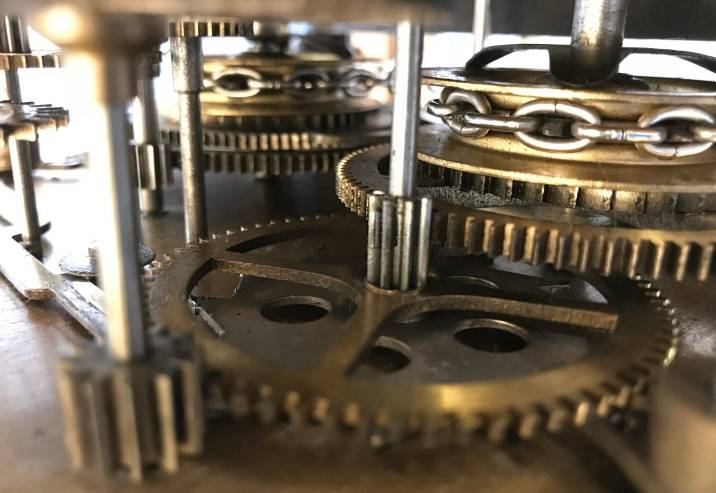
You need to oil a grandfather clock for it to run smoothly. All mechanical clocks need oil to keep the gears running without hiccups. Professional clock repairers are often required for this job. They’ll have the tools for the task, as it requires you to remove the moving parts of the clock and lubricate it with the correct oil.
4. Check the weights
Throughout a grandfather clock’s lifetime, all its parts move, but the weights move with the most force. Thus there’s a big chance they might be out of line. Most grandfather clocks have a heavier weight on the right and the lighter one on the left, so check the alignment and tweak it if necessary. You’re only focused on the alignment here, as the movement of the weights should be guided by the rest of the clock.
5. Clean and fix the clock face
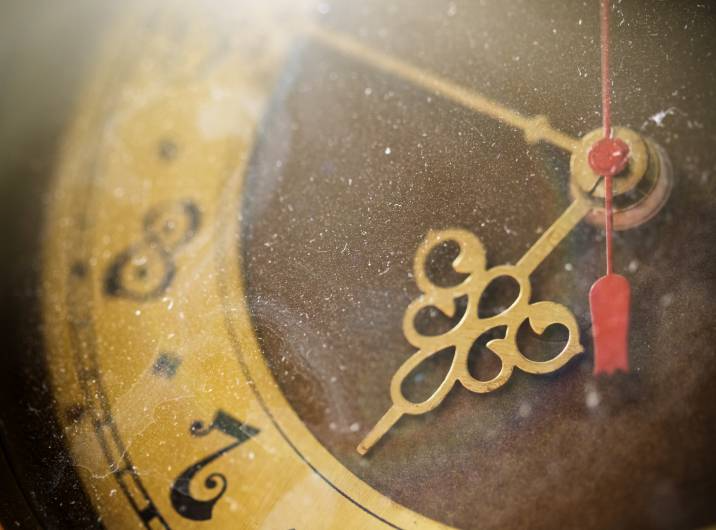
The face shows you the time using the hour hand, minute hand and second hand; thus, ensuring it’s clean is of utmost importance. Can you move the hour hand on a grandfather clock? You can, but you have to be careful! Sometimes the hands get stuck to each other and touch. All you have to do is to bend them very carefully and release them from each other.
6. Call a professional for more intricate repairs
Complicated maintenance requires much more experienced hands, which is why you’ll need a clock repairman. One of the most common reasons to get a professional is for the deep cleaning a grandfather clock needs every few years. This requires you to pull out the moving parts and put them back together, which only a repairman can expertly do. If the repairs feel risky and intricate, it might be best to call a repairman instead of trying to fix it yourself, as you could cause more damage to the clock.
Get professional grandfather clock repairs
Ensure your grandfather clocks stay alive for the next generation to appreciate. Seek professional clock professionals to help you repair and clean these intricate machines. Their expert knowledge and precise hands can make sure your clock runs and becomes a fabulous centrepiece in your home.
Find an expert clock repairman on Airtasker! Many of the repairers on the platform are trained to handle the complicated grandfather clocks. To enlist a Tasker to help you clean and maintain your grandfather clock, put up a task on the platform. Taskers will see the job to repair and accept it, and then it only becomes a matter of setting a date for the repair.
FAQs on grandfather clock maintenance
Grandfather clocks need to be oiled every two years, but you can also check if your clock has been running roughly or slowly. If the movement on the clock face doesn’t look smooth, it might be time to oil it. Make sure to have the right oil on hand before oiling it, and take great care in taking out the parts before oiling. However, if you have no confidence in taking apart your clock and oiling it, call a professional to do it for you.
For professional deep cleaning and maintenance, you should have your grandfather clock serviced every five to ten years. Don’t try to do this yourself because it may cause loss or damage to the parts and cost you even more, or worse, it may cause irreparable damage.
Servicing a grandfather clock is a task only professionals can do, particularly with expertise in grandfather clocks. If you want to service the grandfather clock lightly and clean it yourself, remember to be careful with delicate parts like the hands and the pendulum.
If your grandfather clock feels clunky and slow, you can lubricate it with the right oil placed on the moving parts of the clock. Make sure you get it on every corner because rough friction may cause your clock to run slow or cause damage.
Find clock repair experts, fast
Find a clock repair expert
Related articles
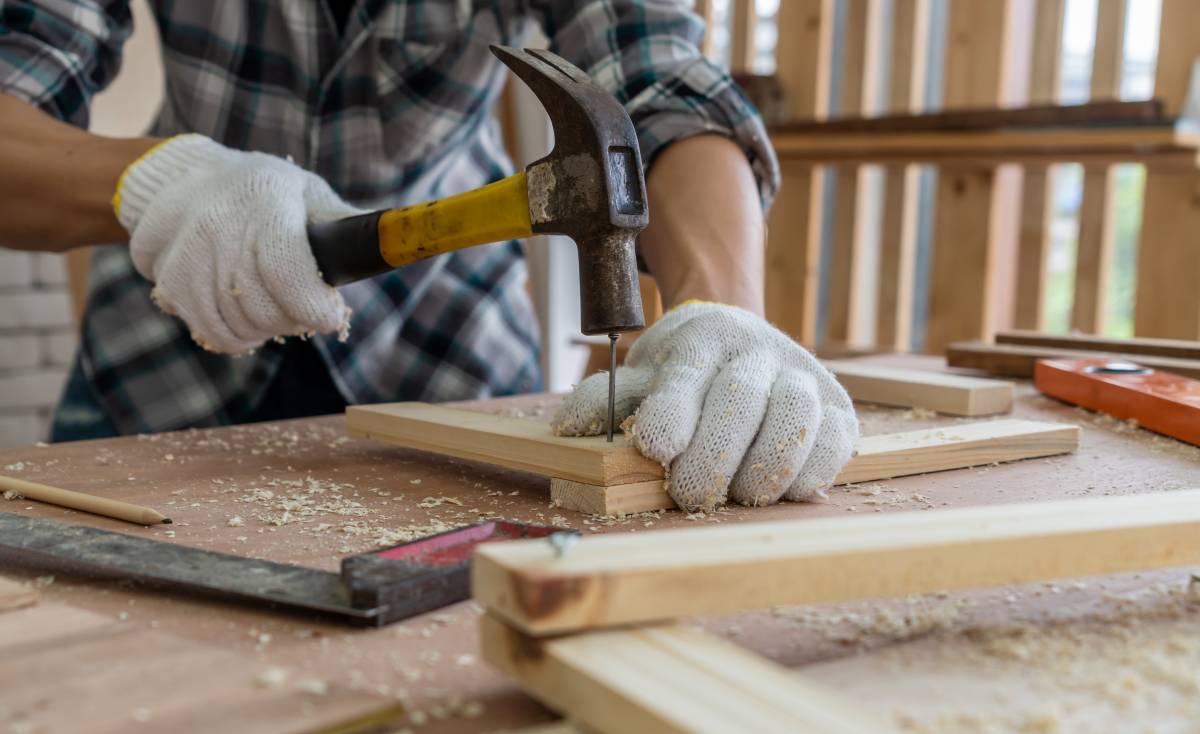
Best blue-collar jobs on Airtasker
Read more

Learn how to cut a mirror in 7 steps
Read more
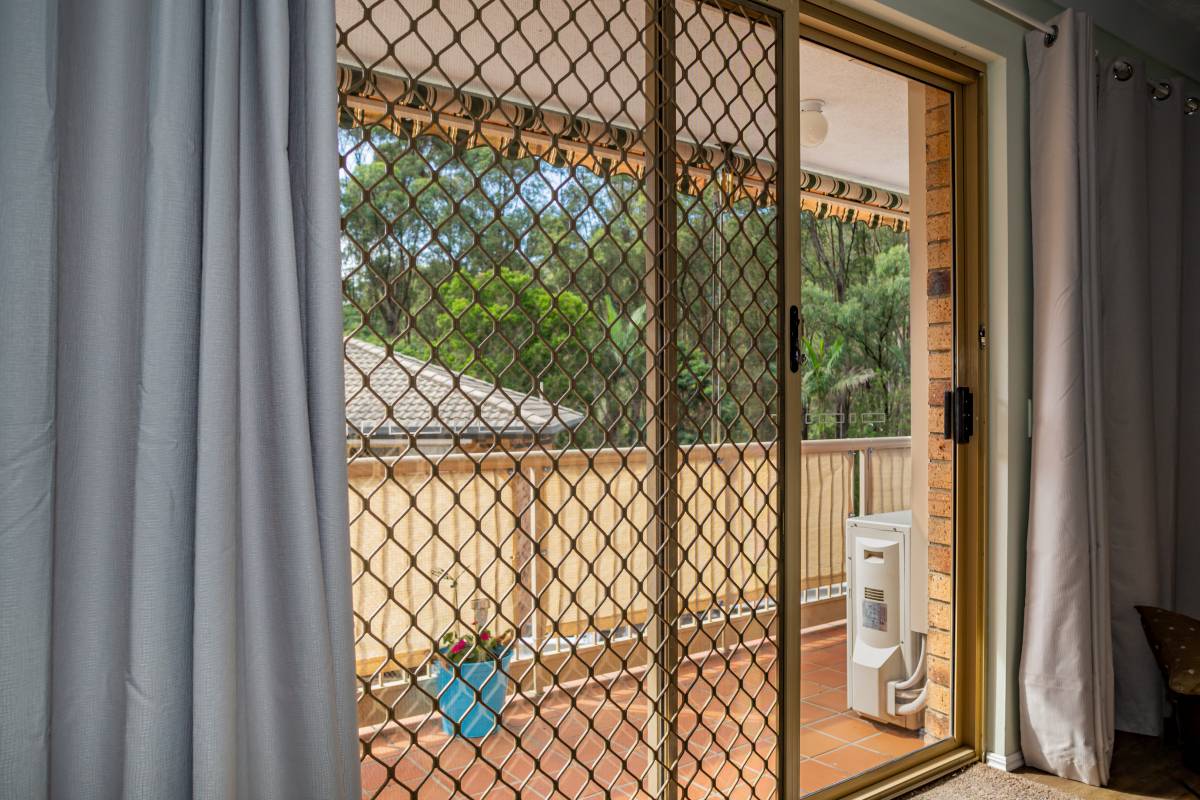
Install a screen door in 6 steps
Read more
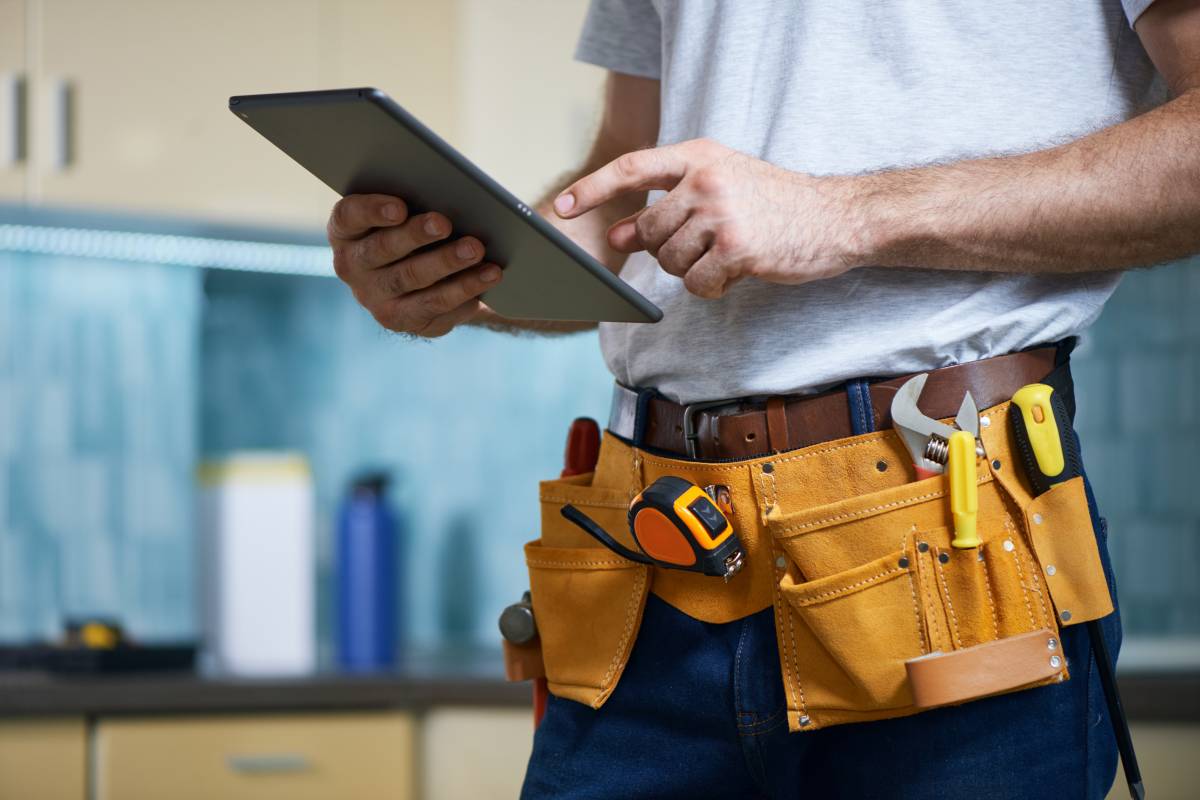
How much can you earn as a handyperson?
Read more
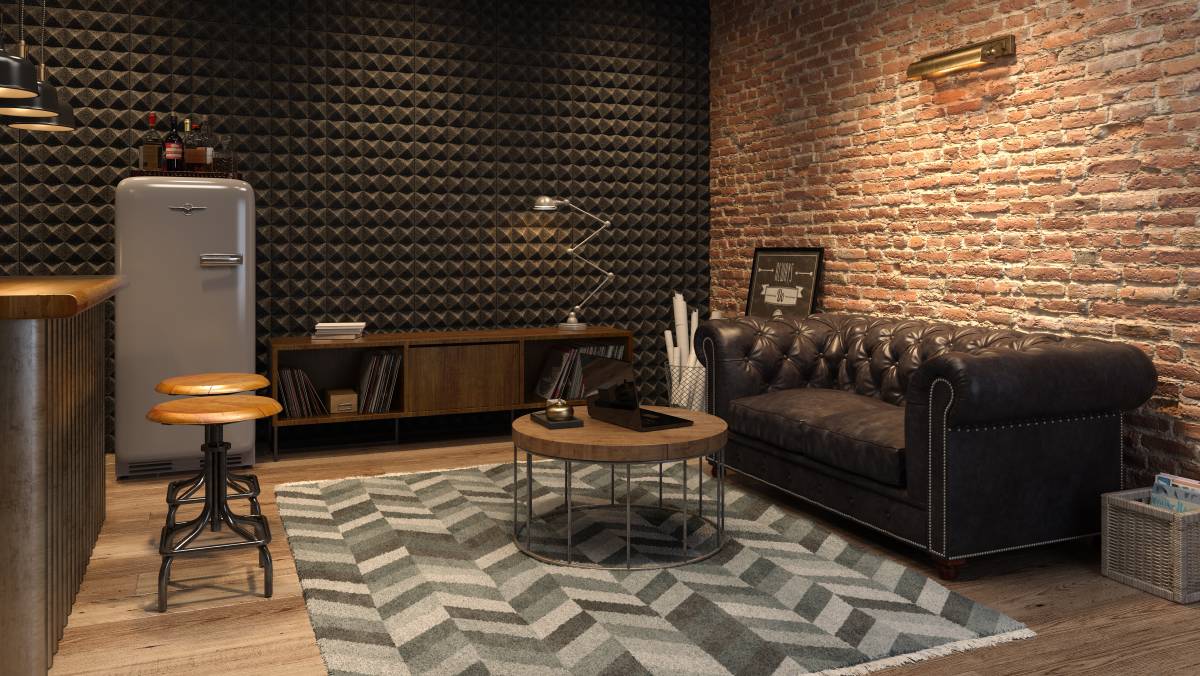
How to Soundproof a Room
Read more
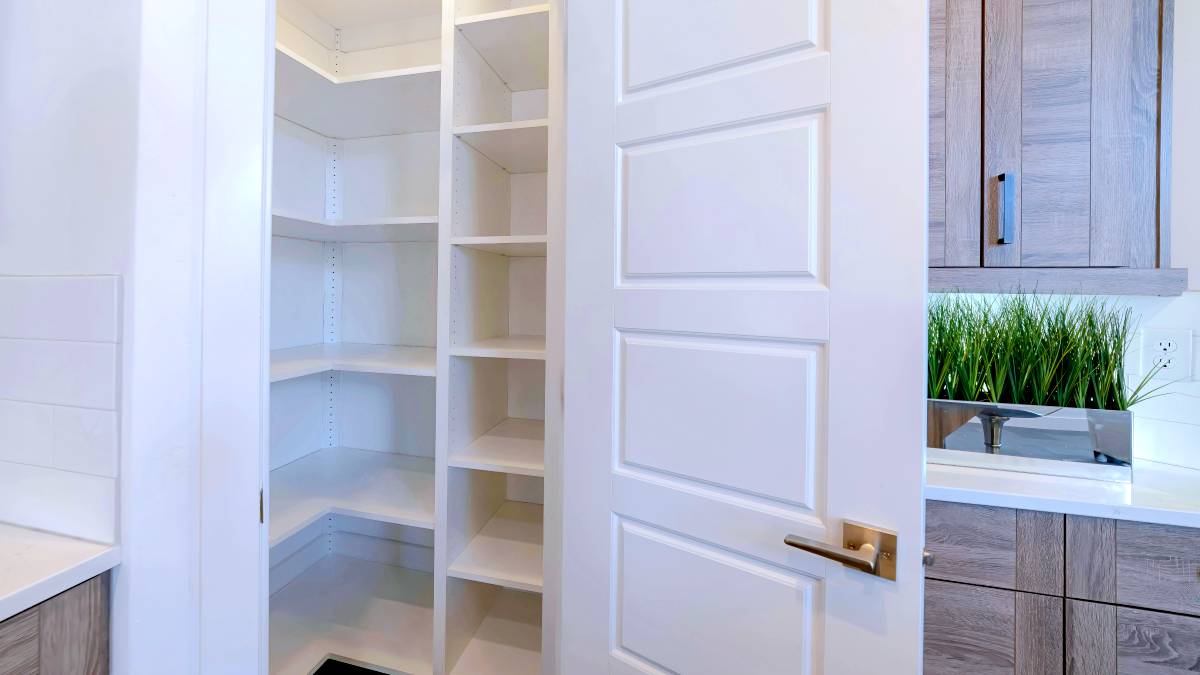
30 Lovely pantry door ideas
Read more
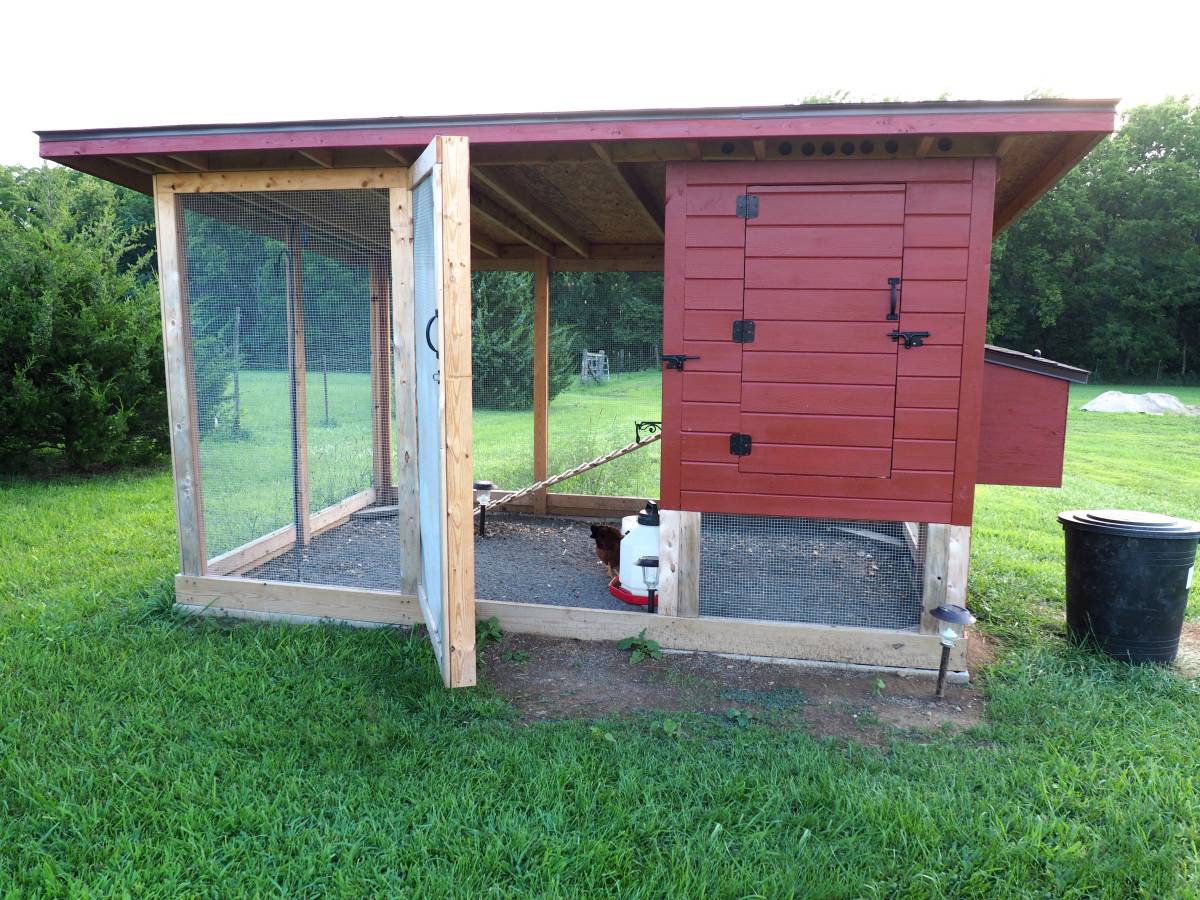
How to fox proof your chicken coop
Read more
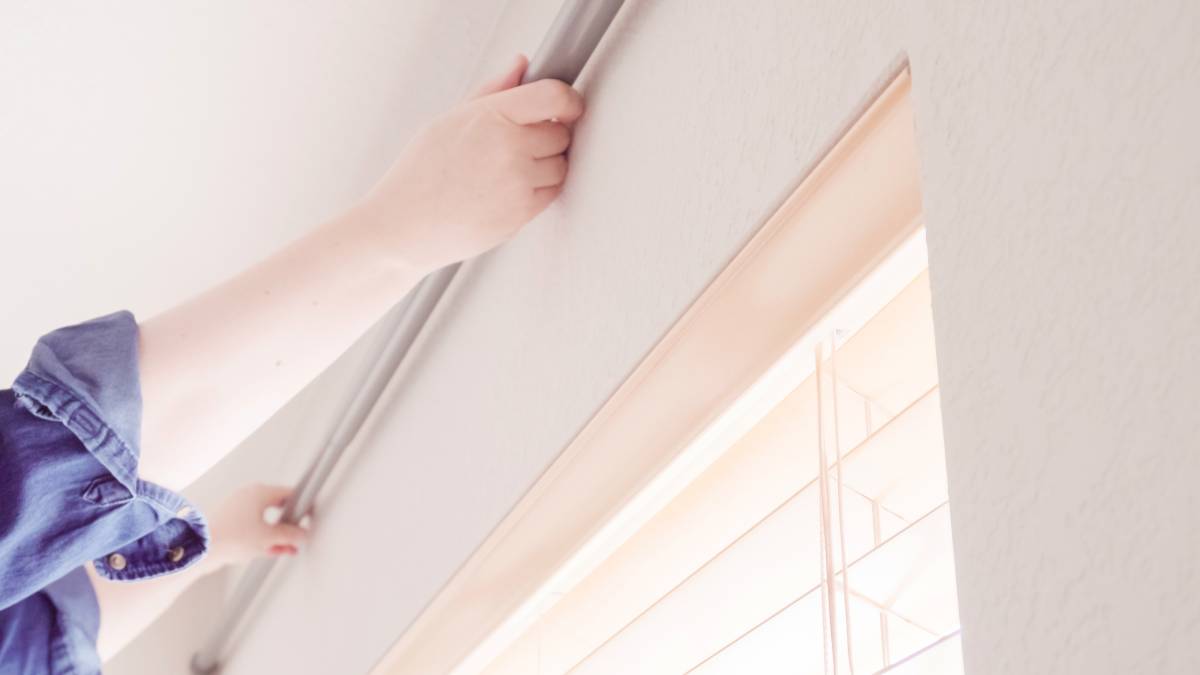
How to install curtain rods
Read more
Related price guides
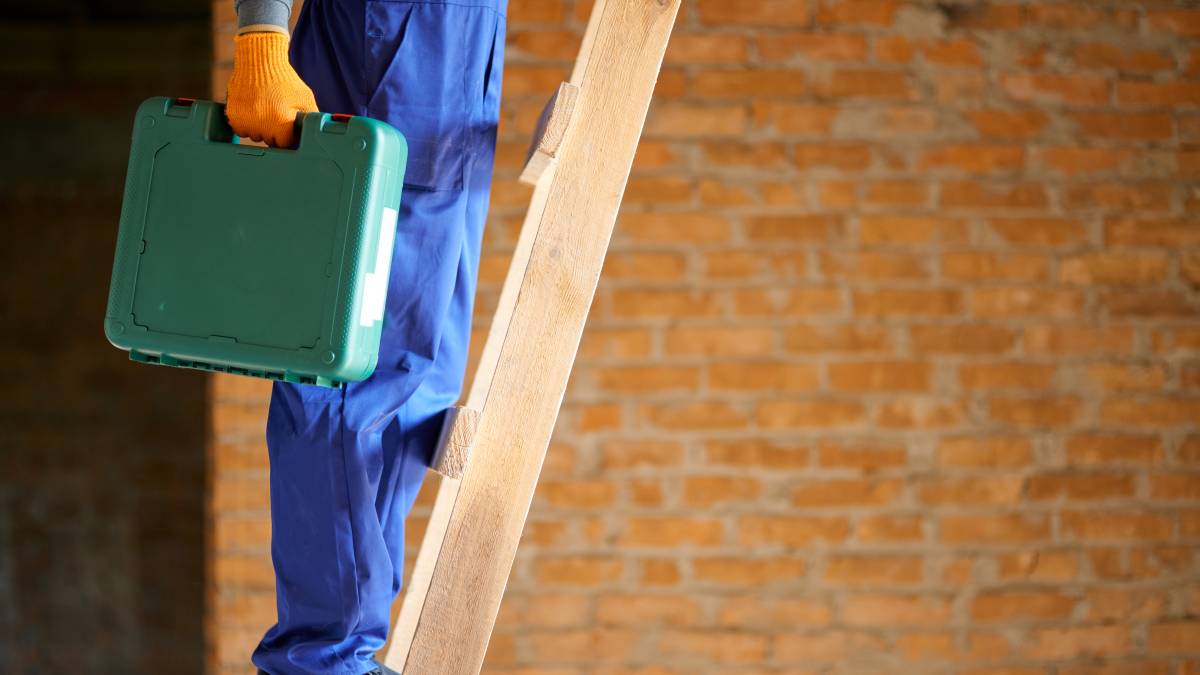
What are average handyman prices?
Read more
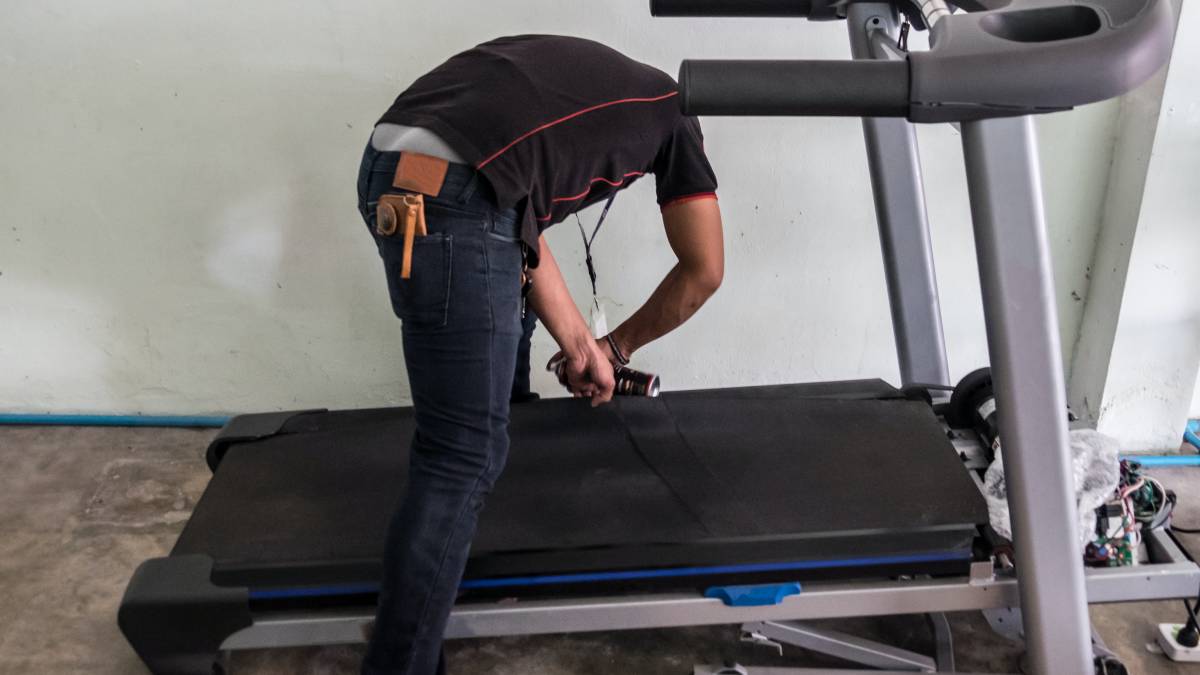
How much does treadmill repair cost?
Read more
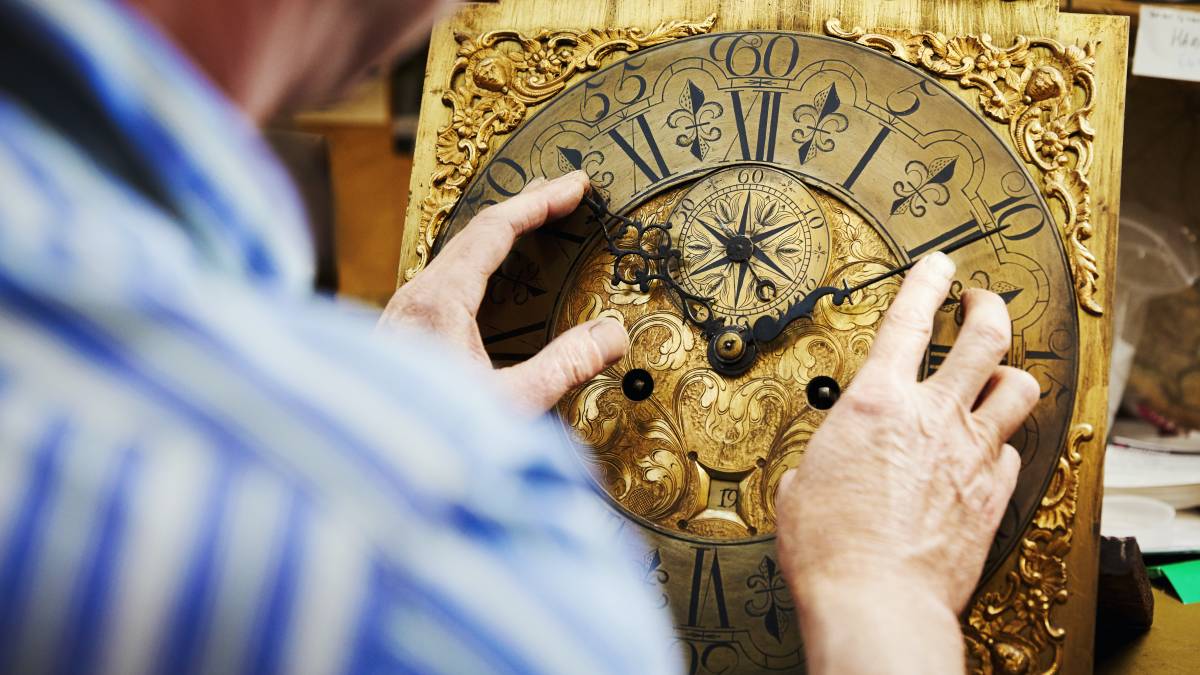
How much does clock repair cost?
Read more
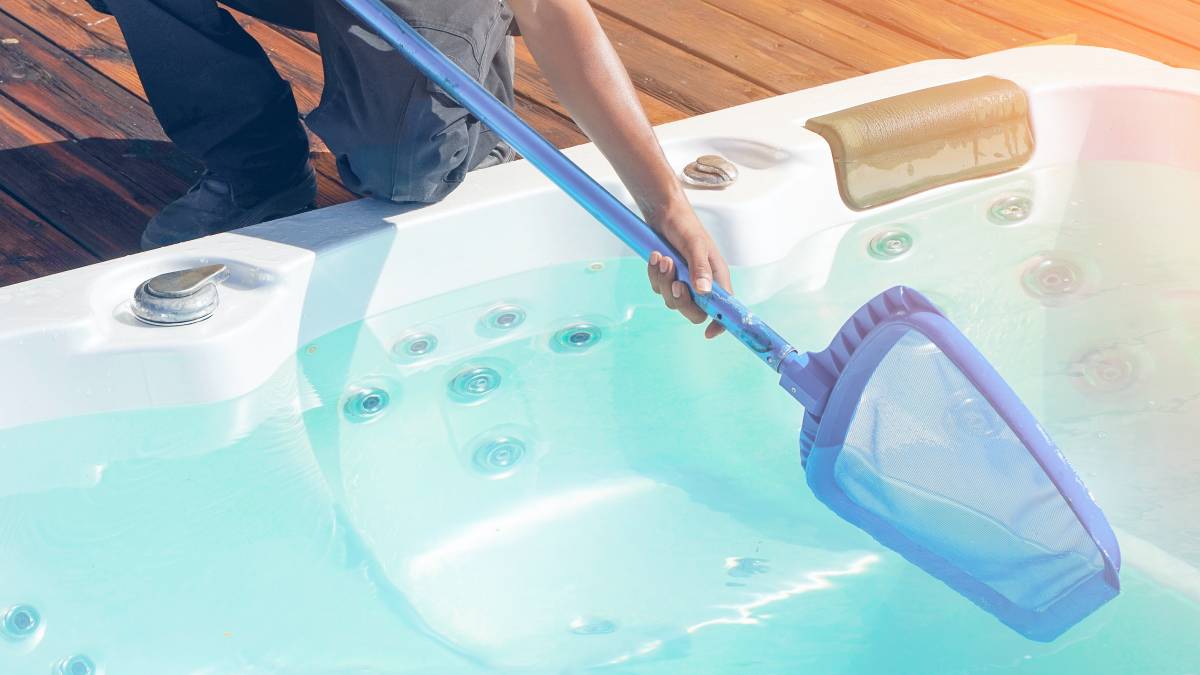
How much does hot tub repair cost?
Read more

How much does signage cost?
Read more
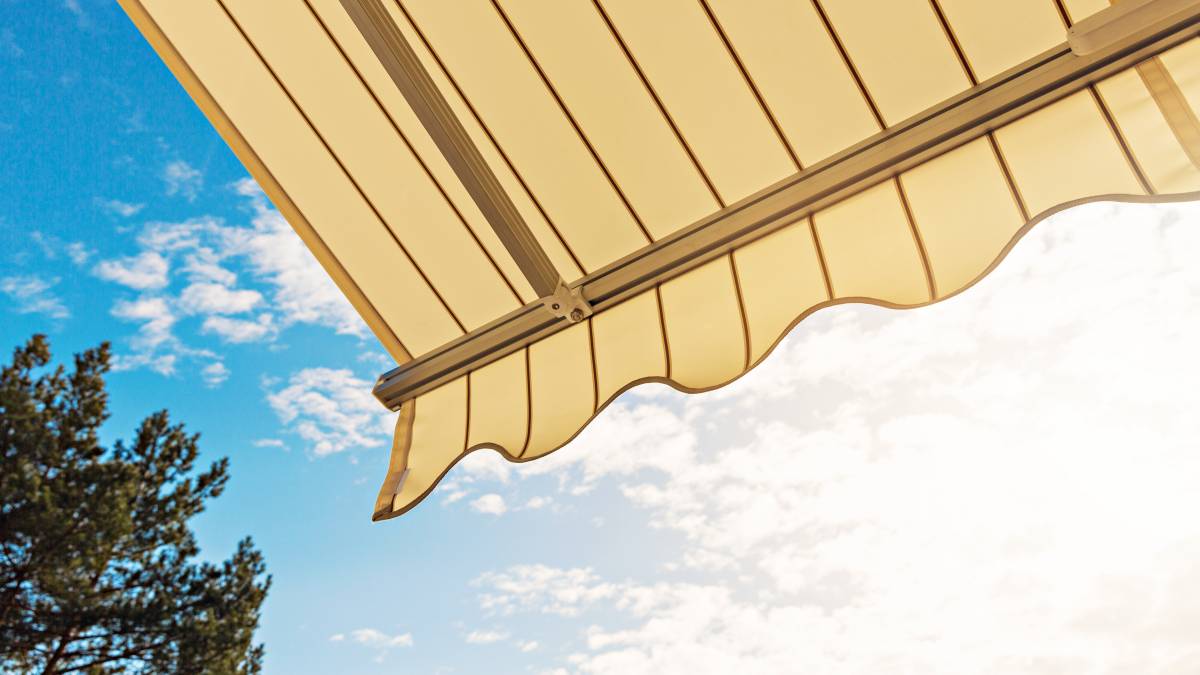
How much does awning repair cost?
Read more
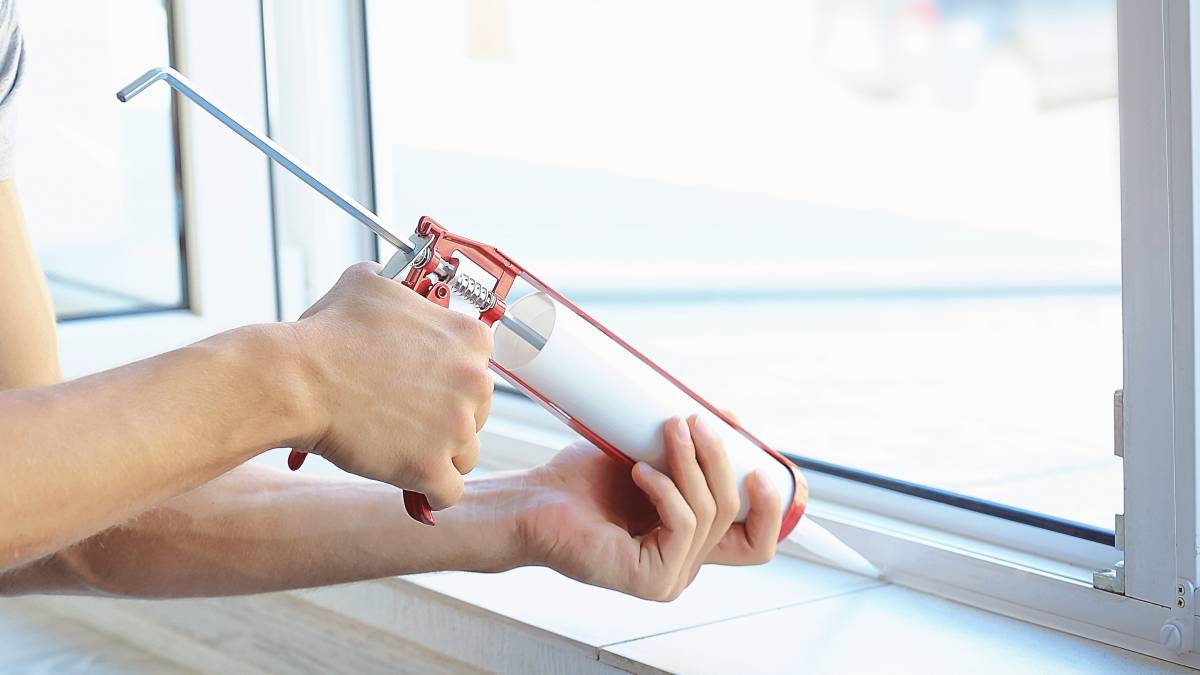
How much does window repair cost?
Read more
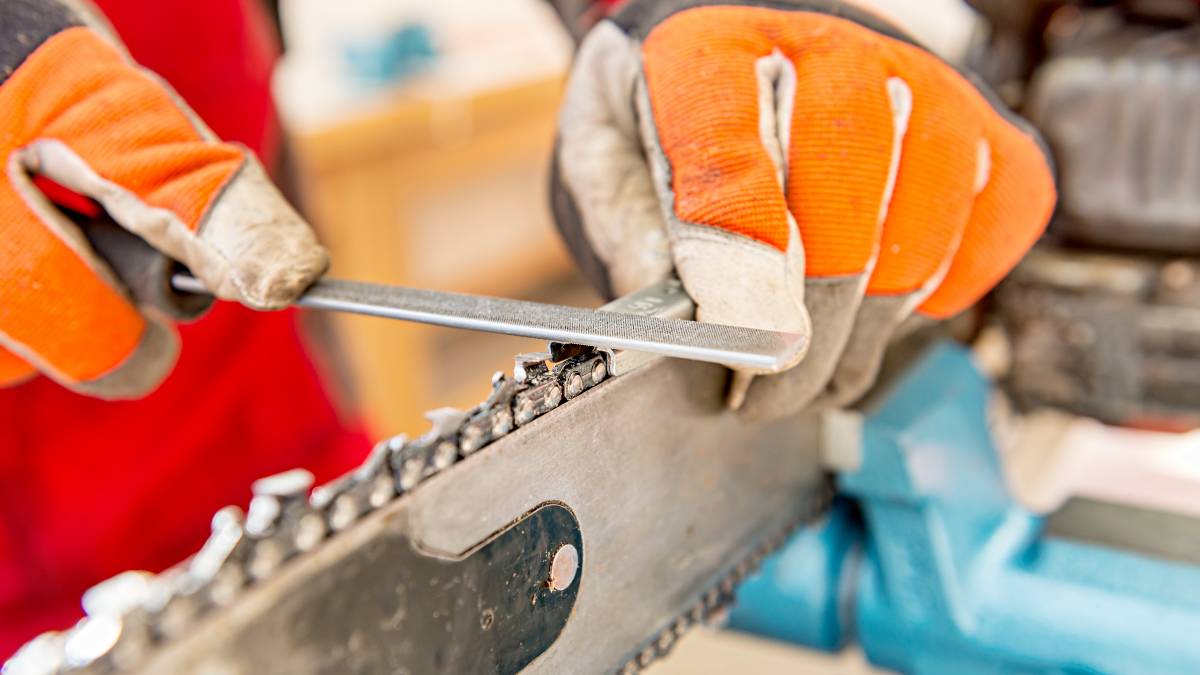
How much do chainsaw services cost?
Read more
